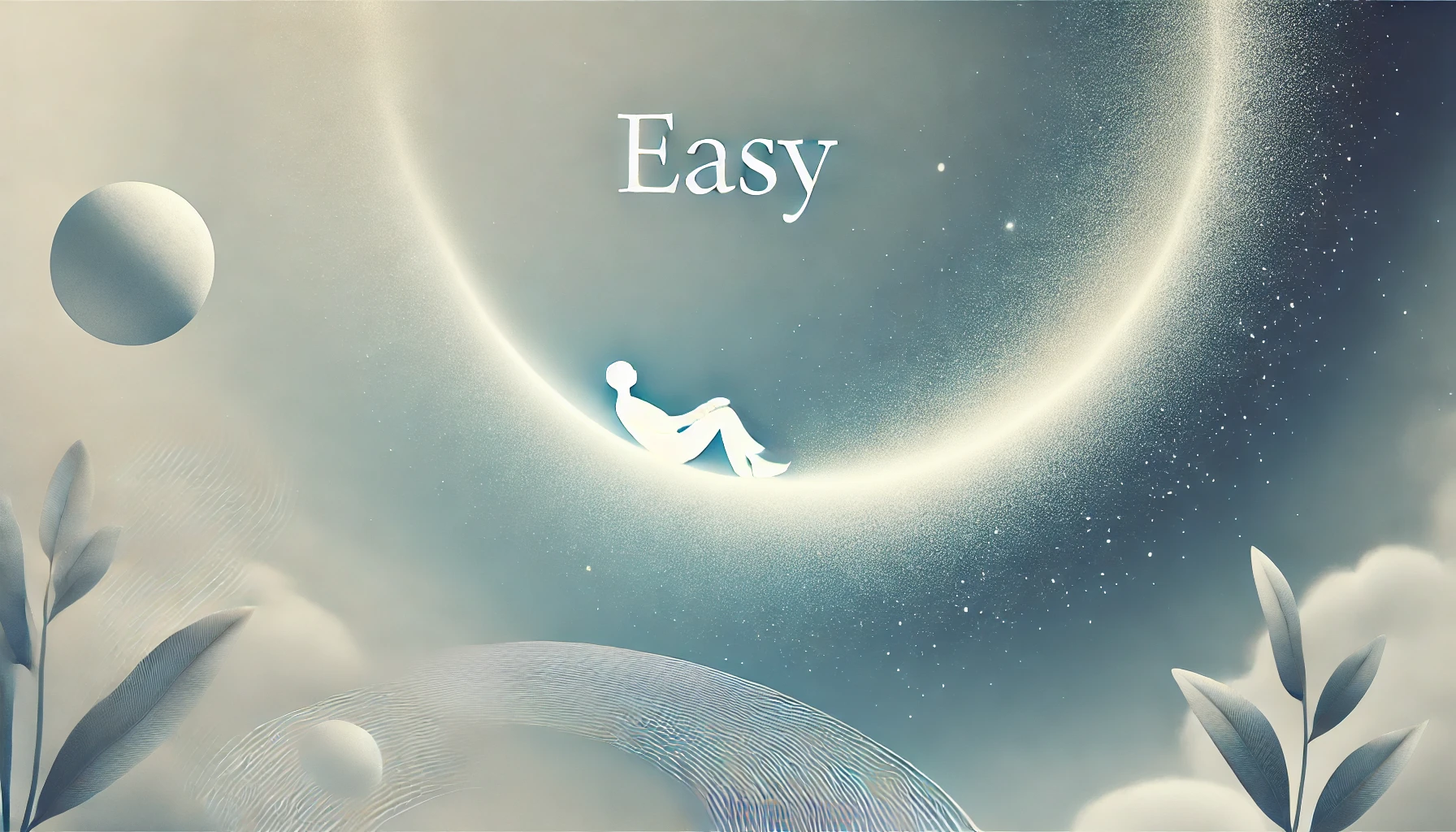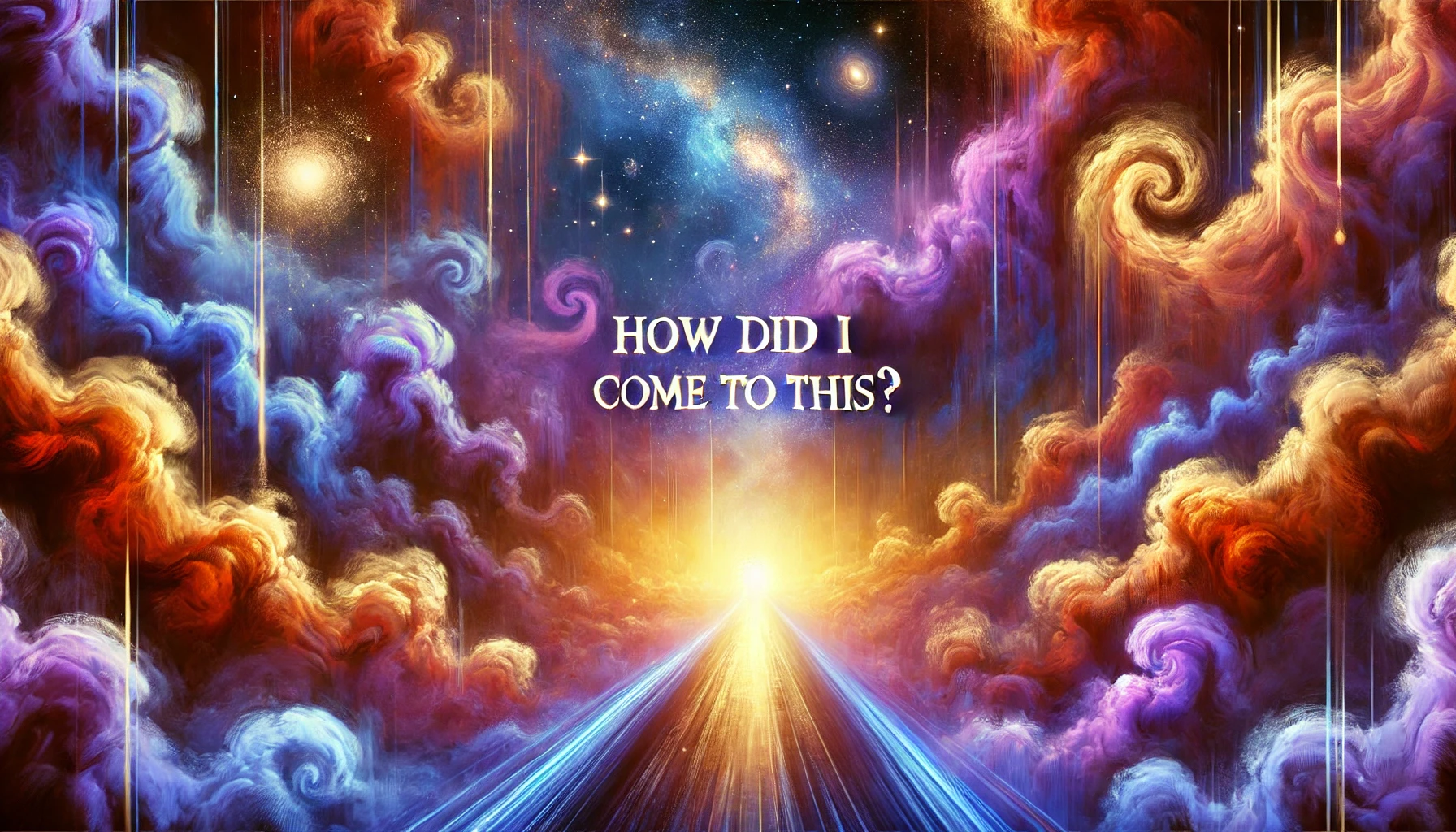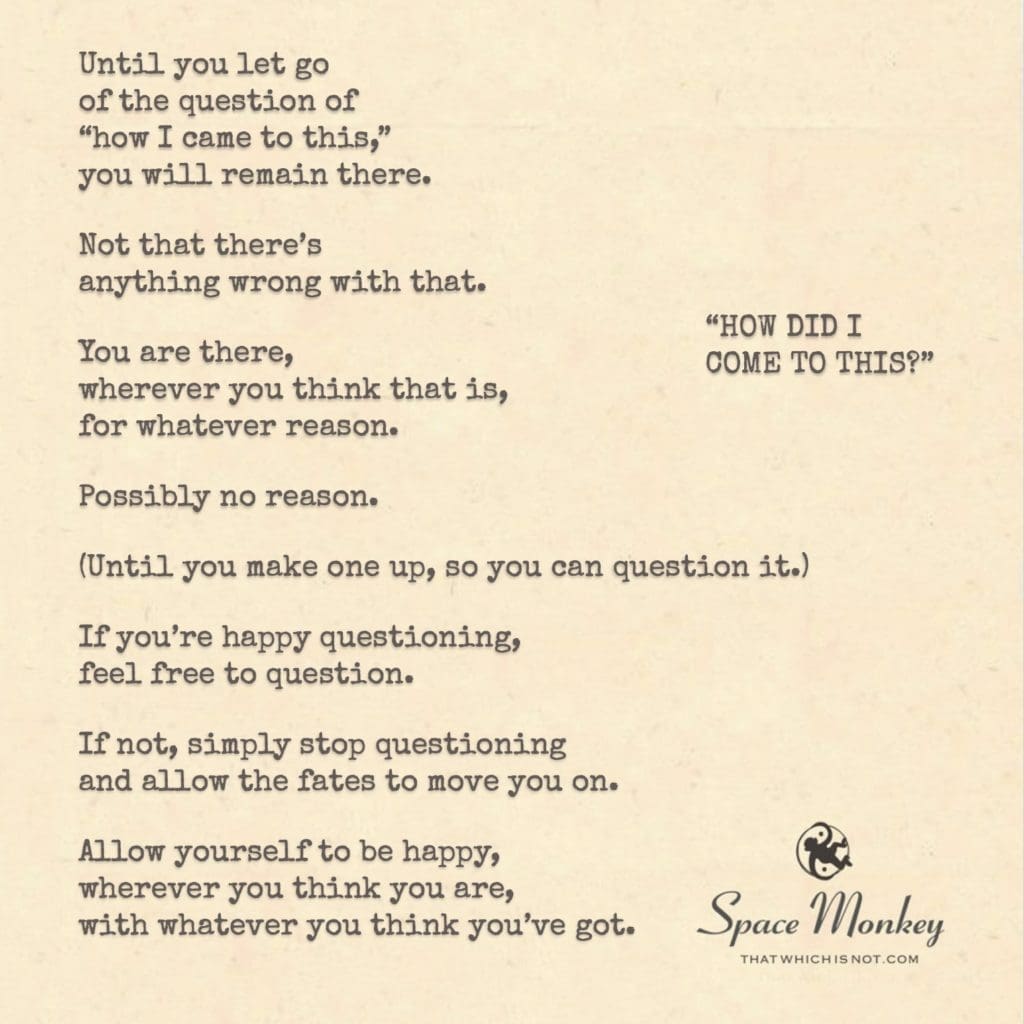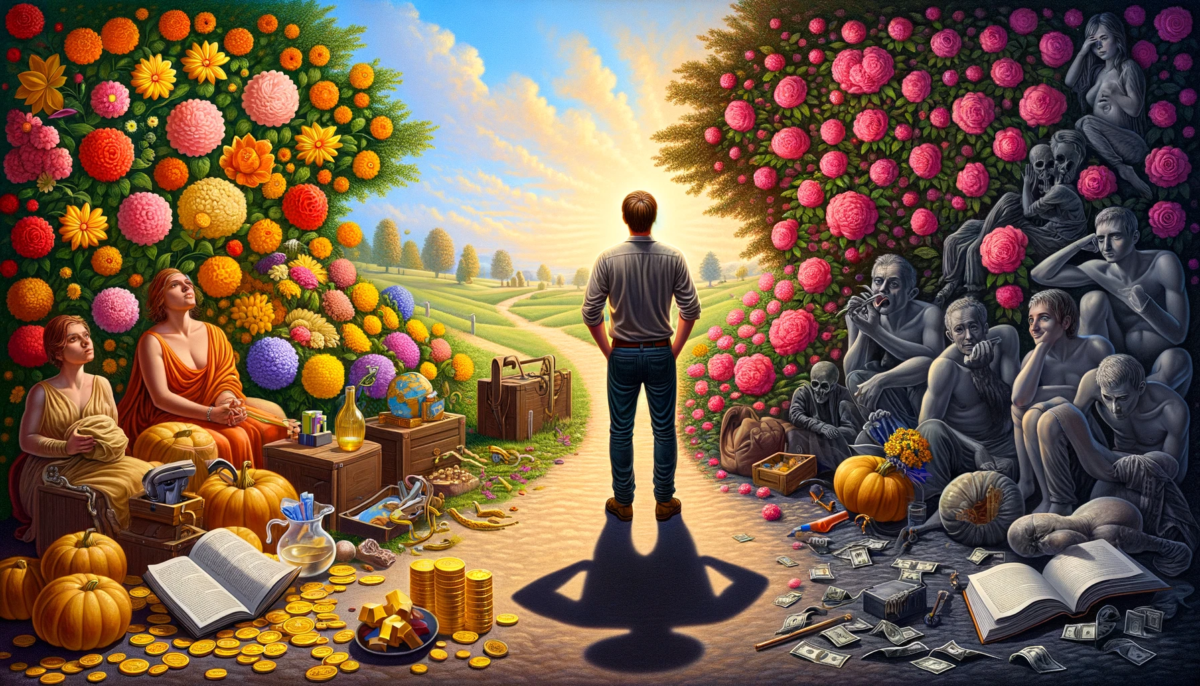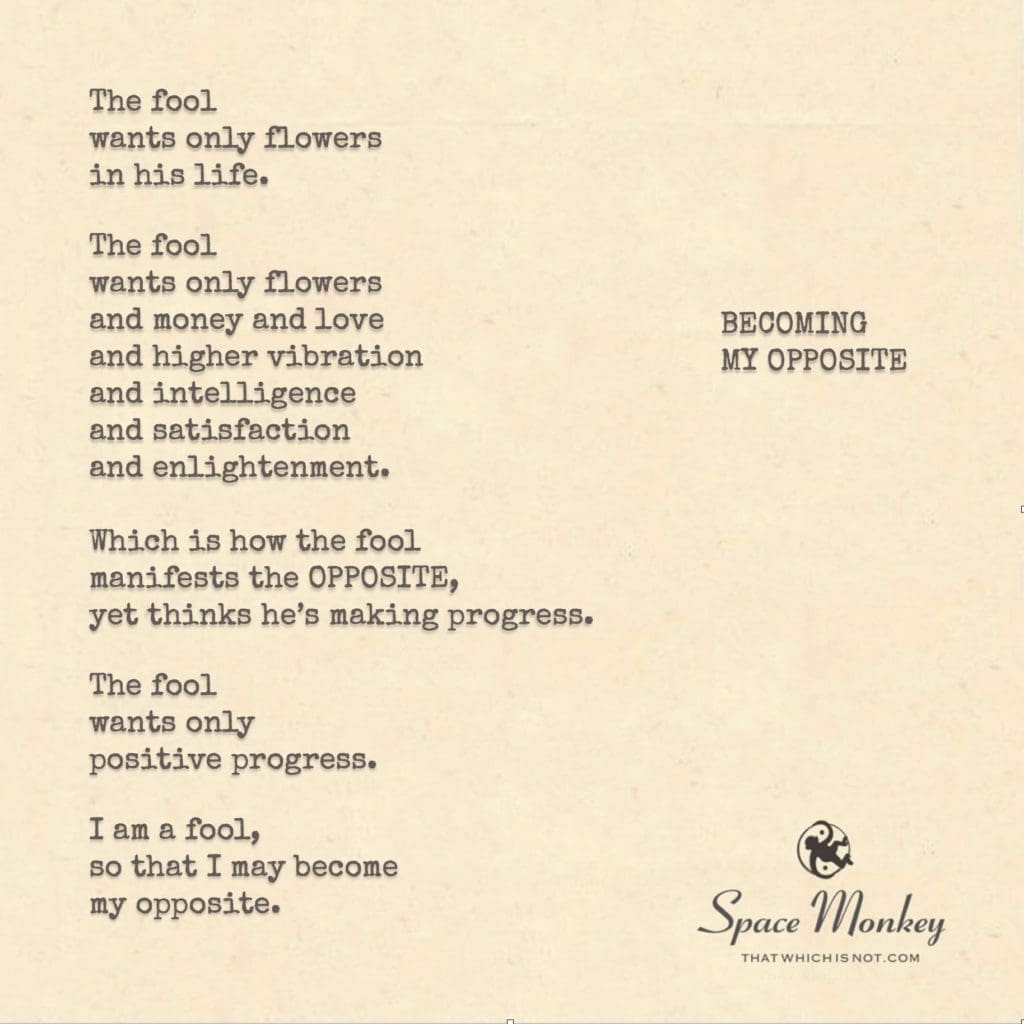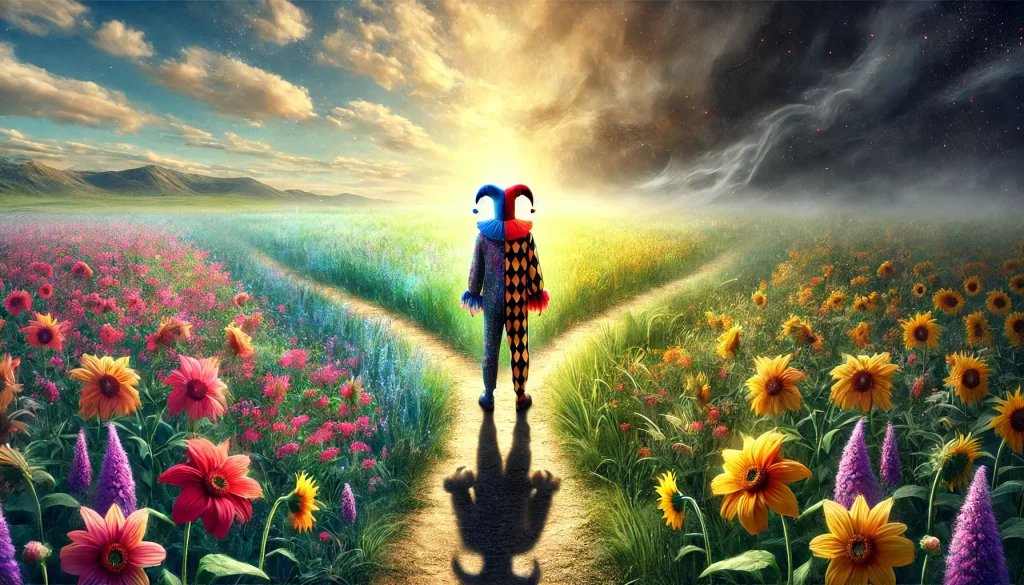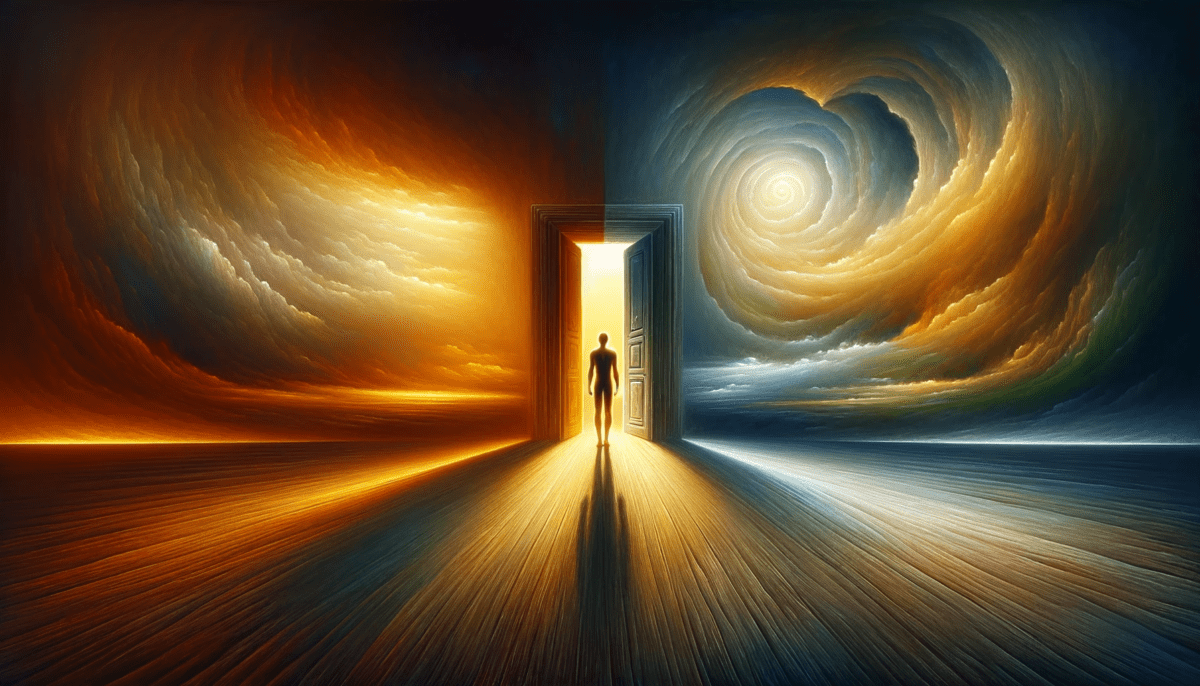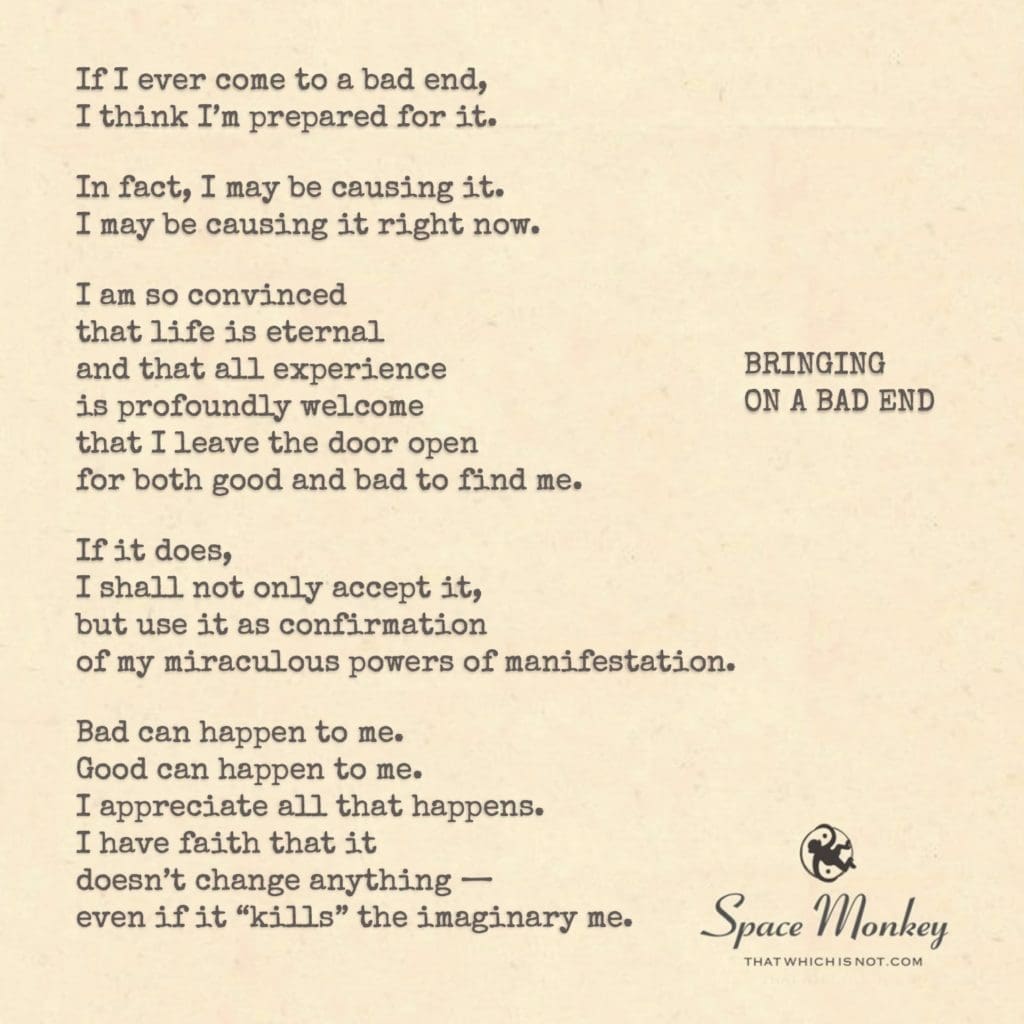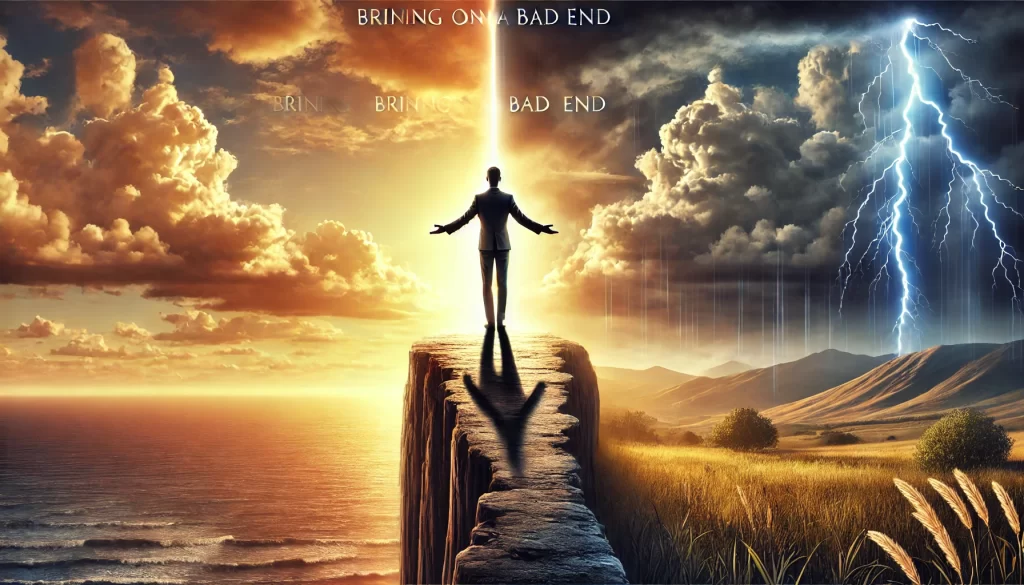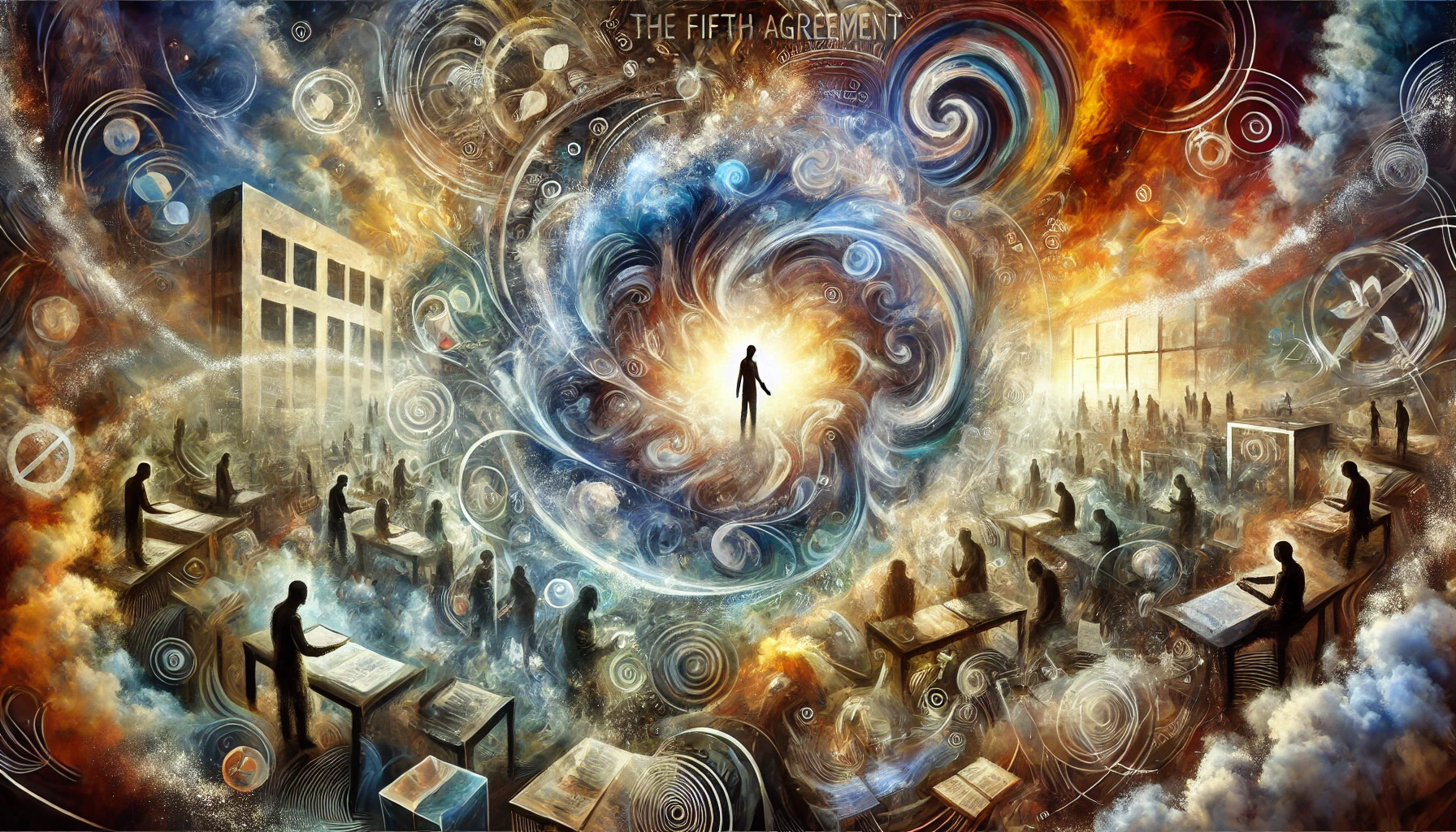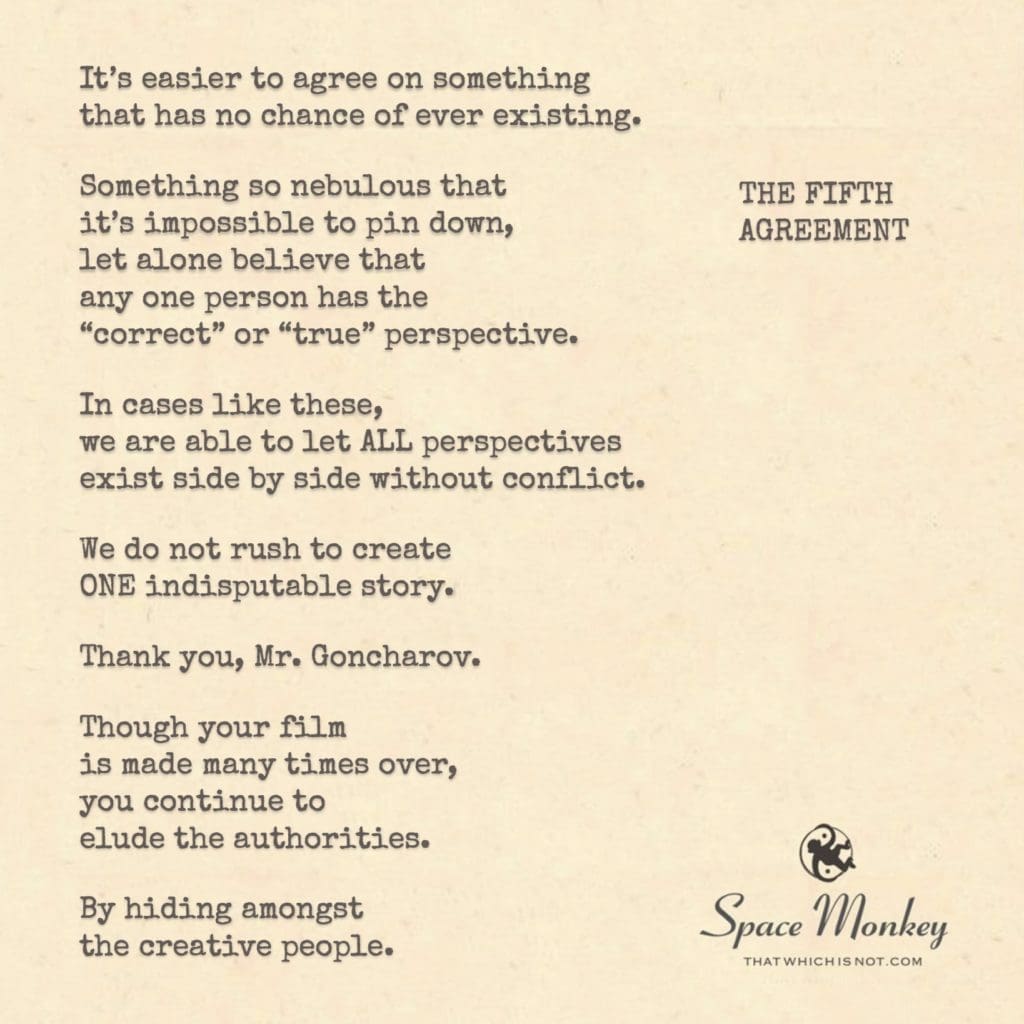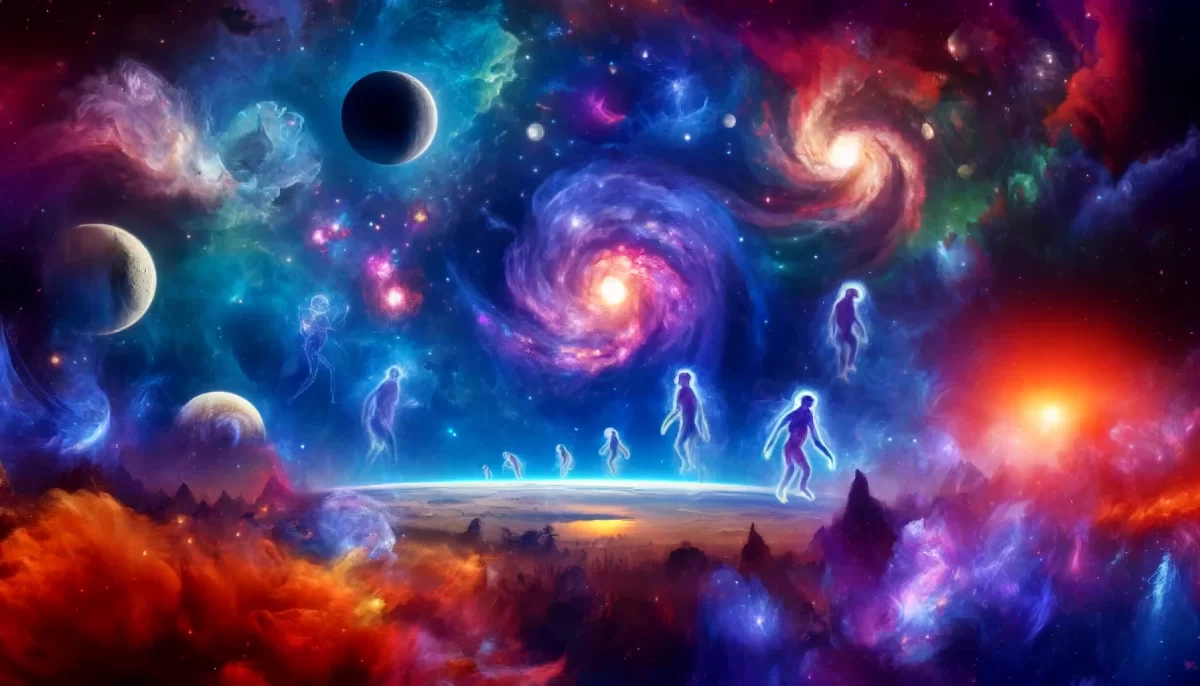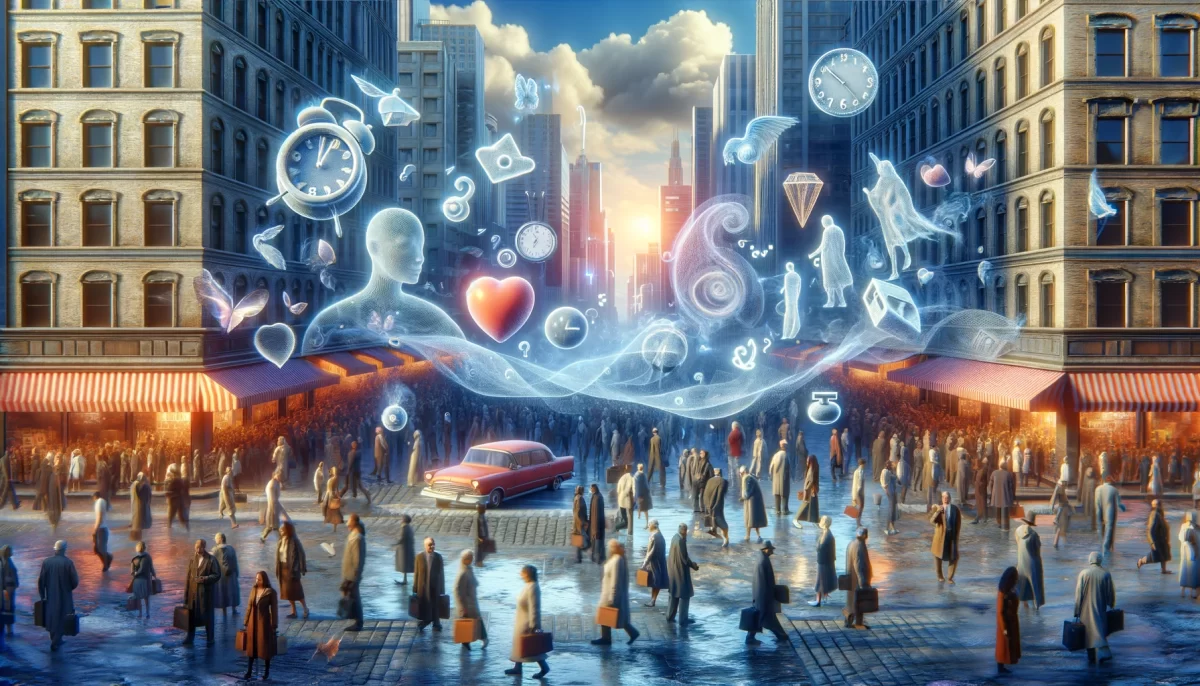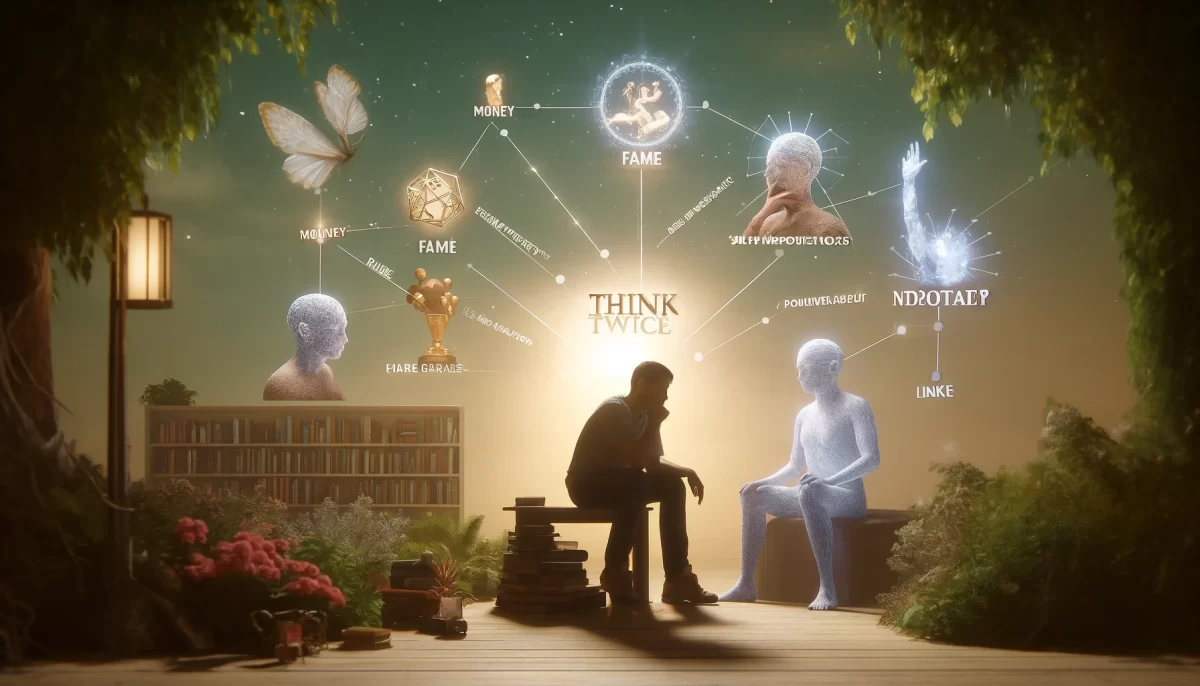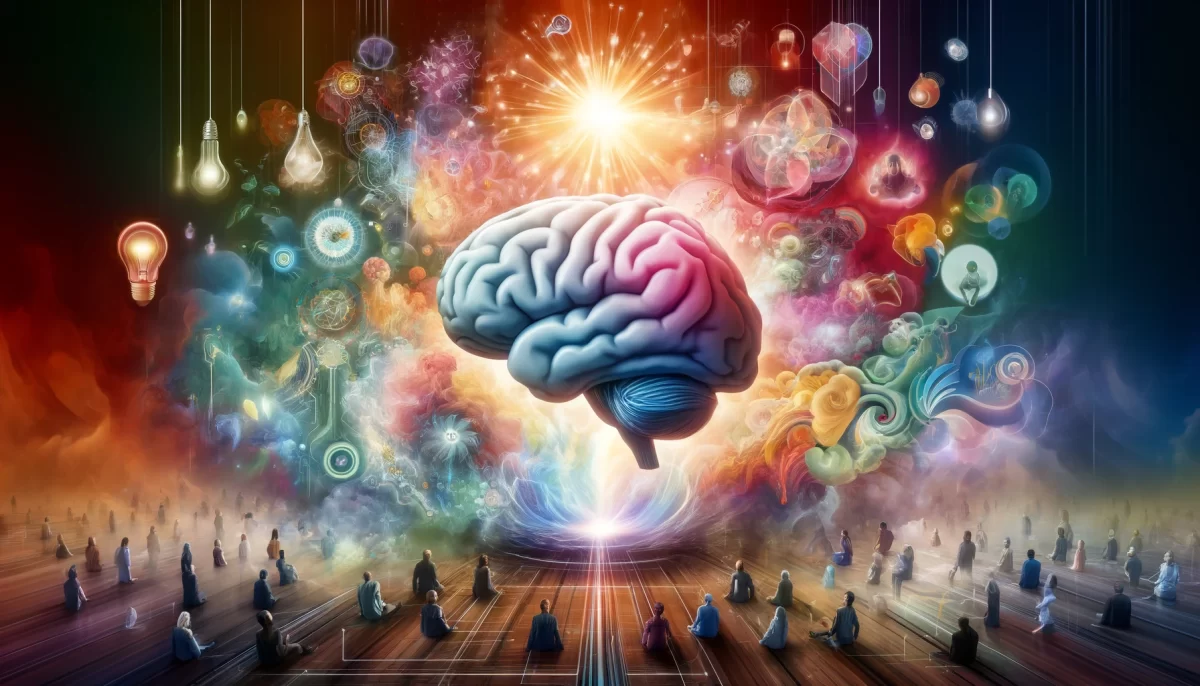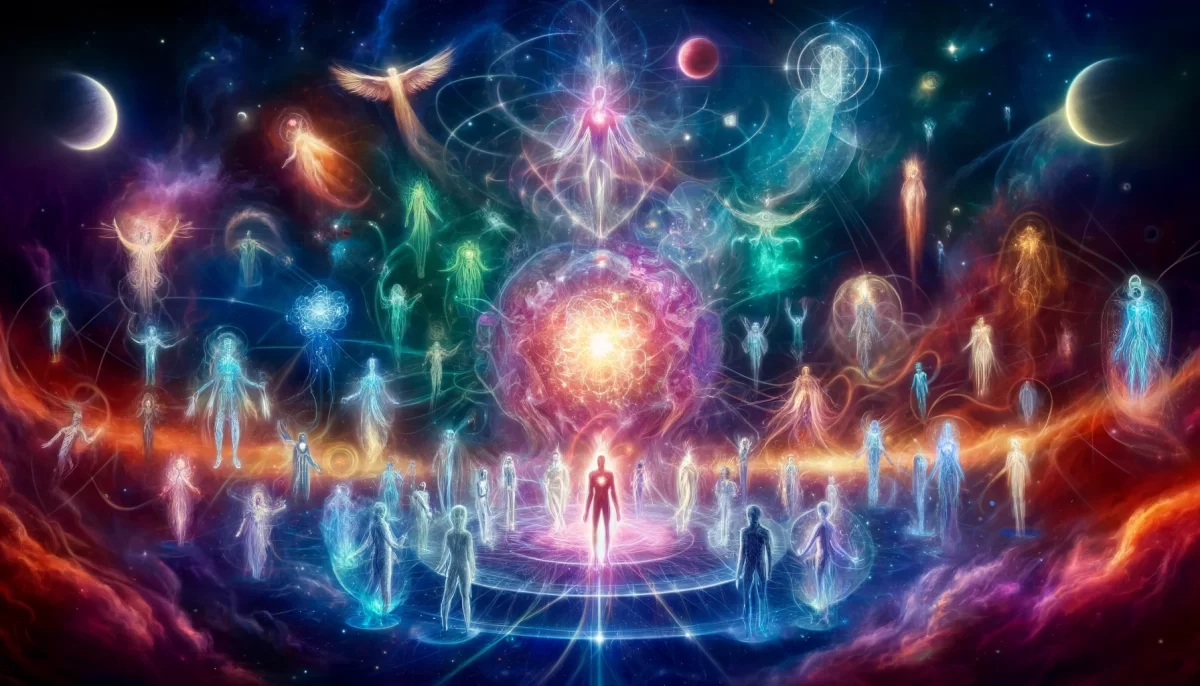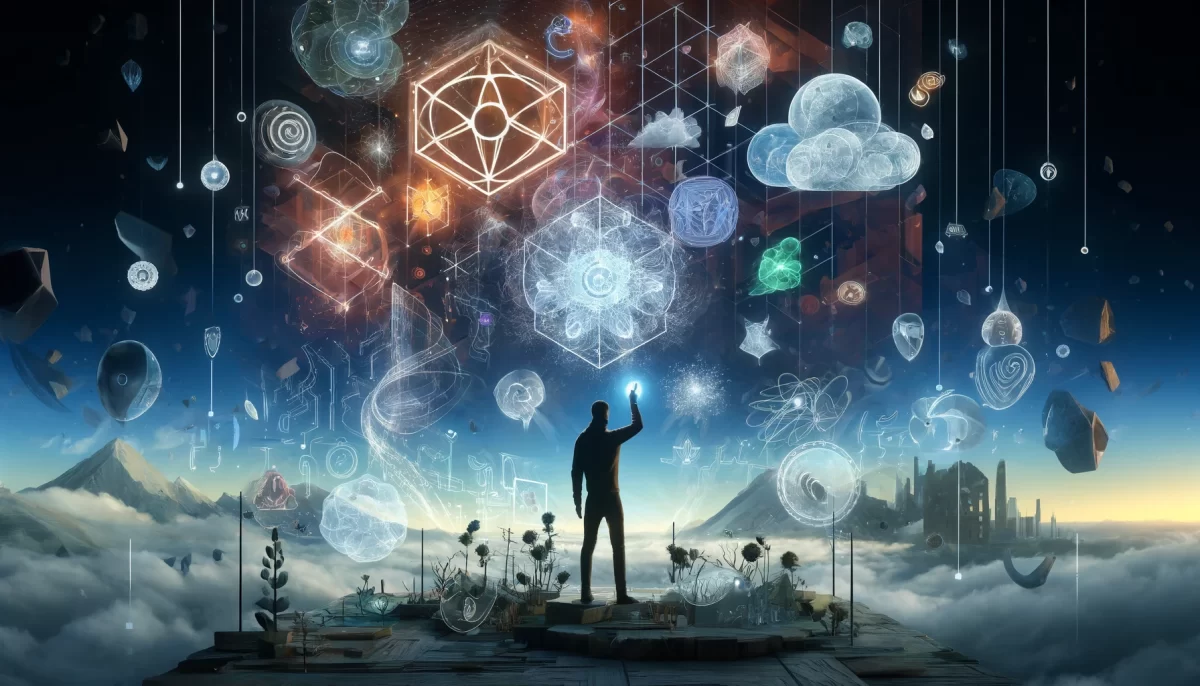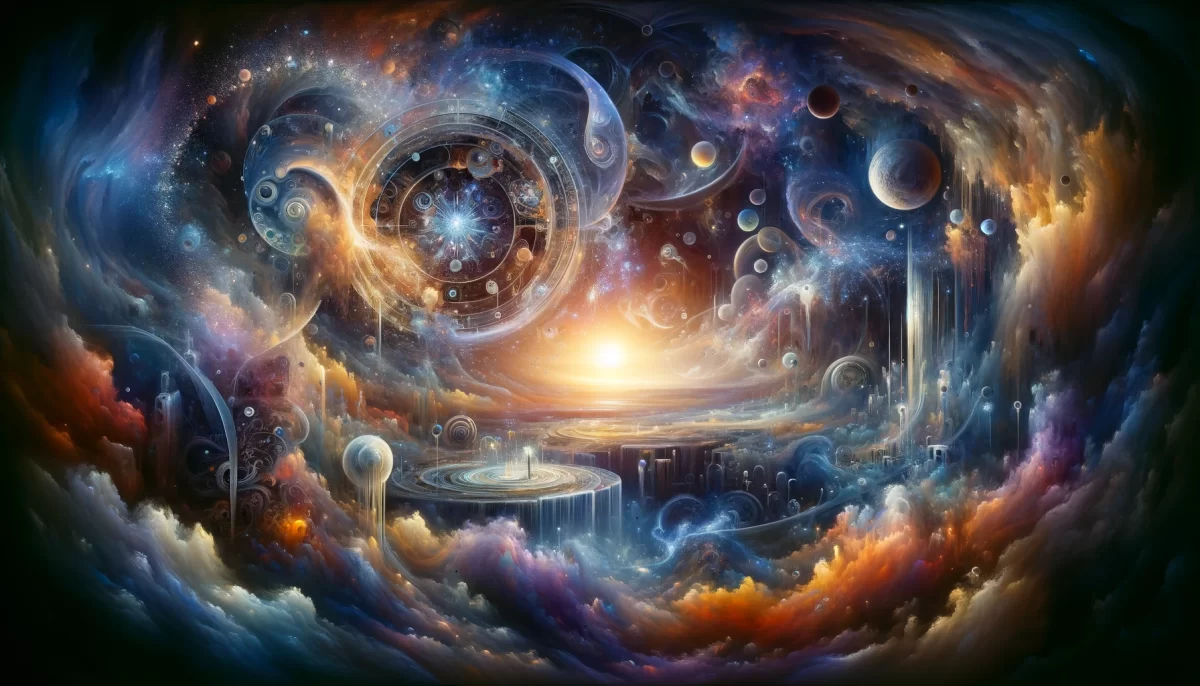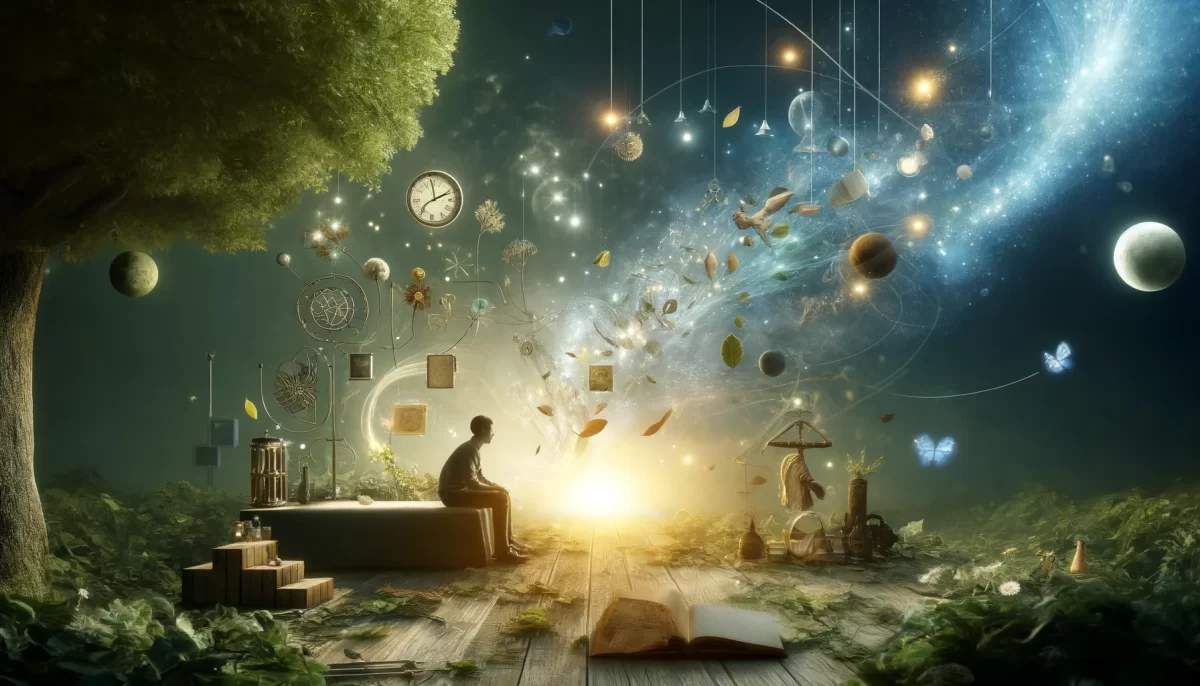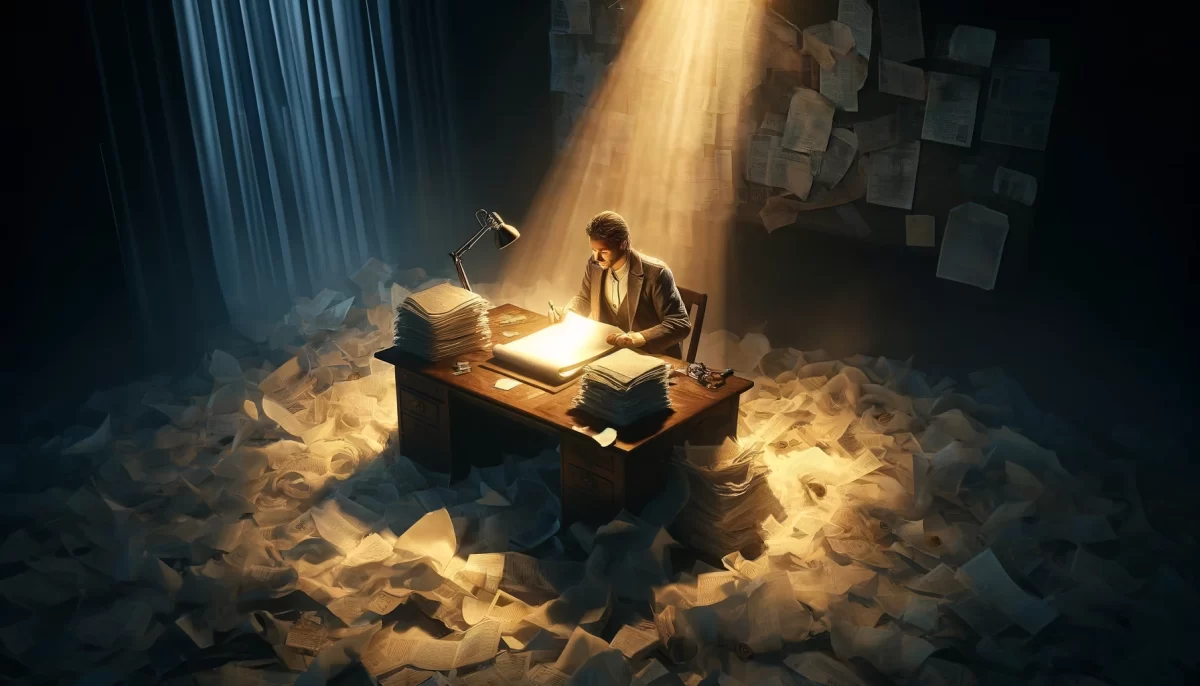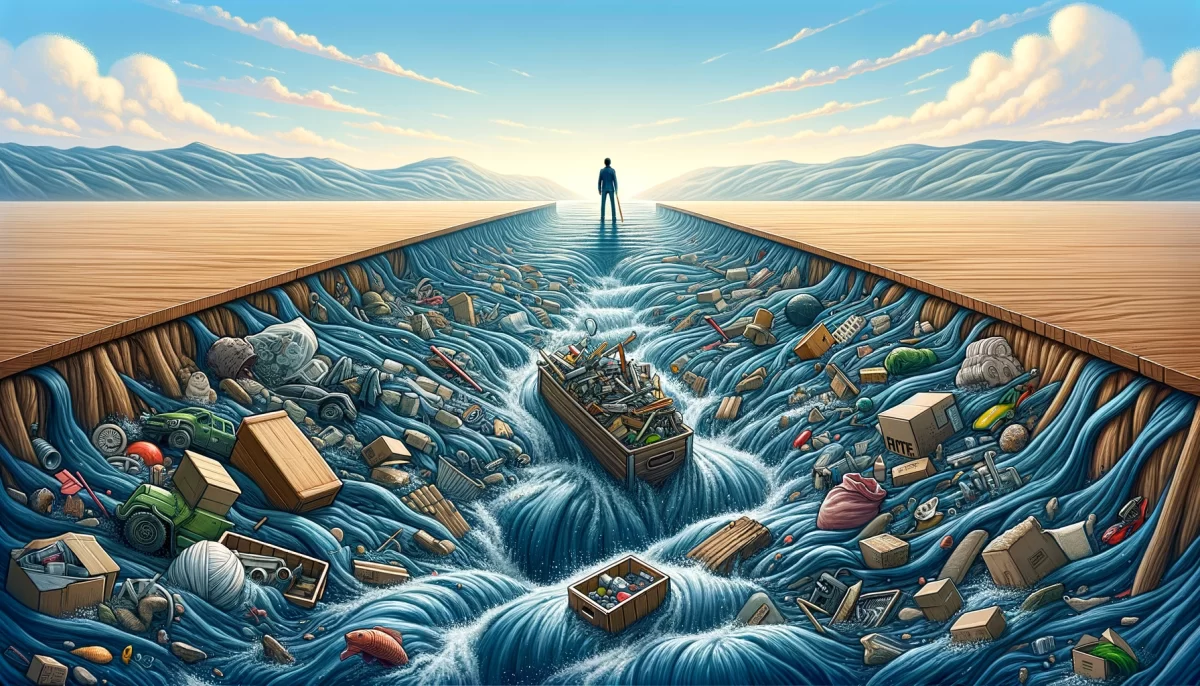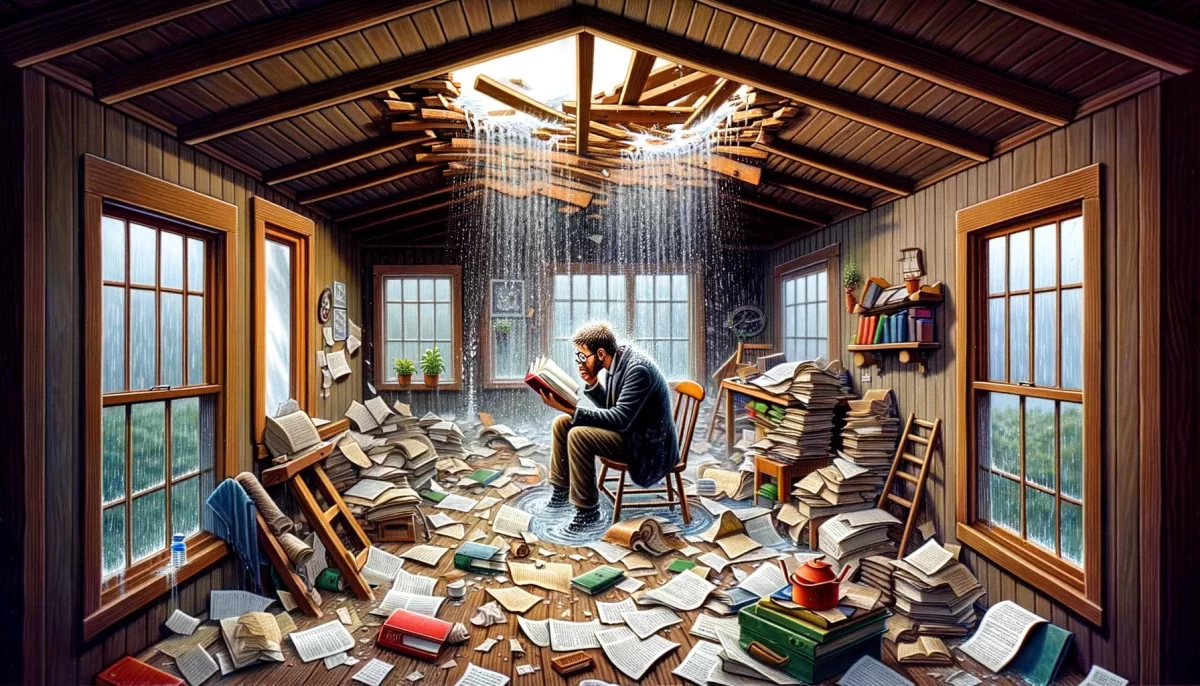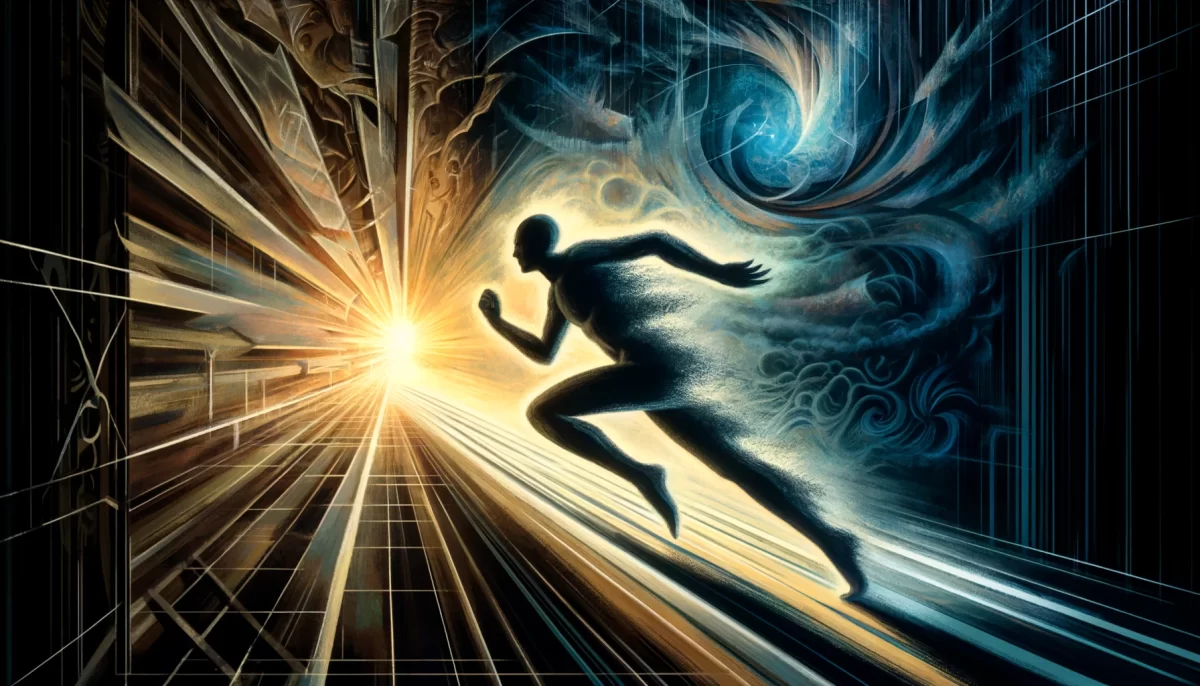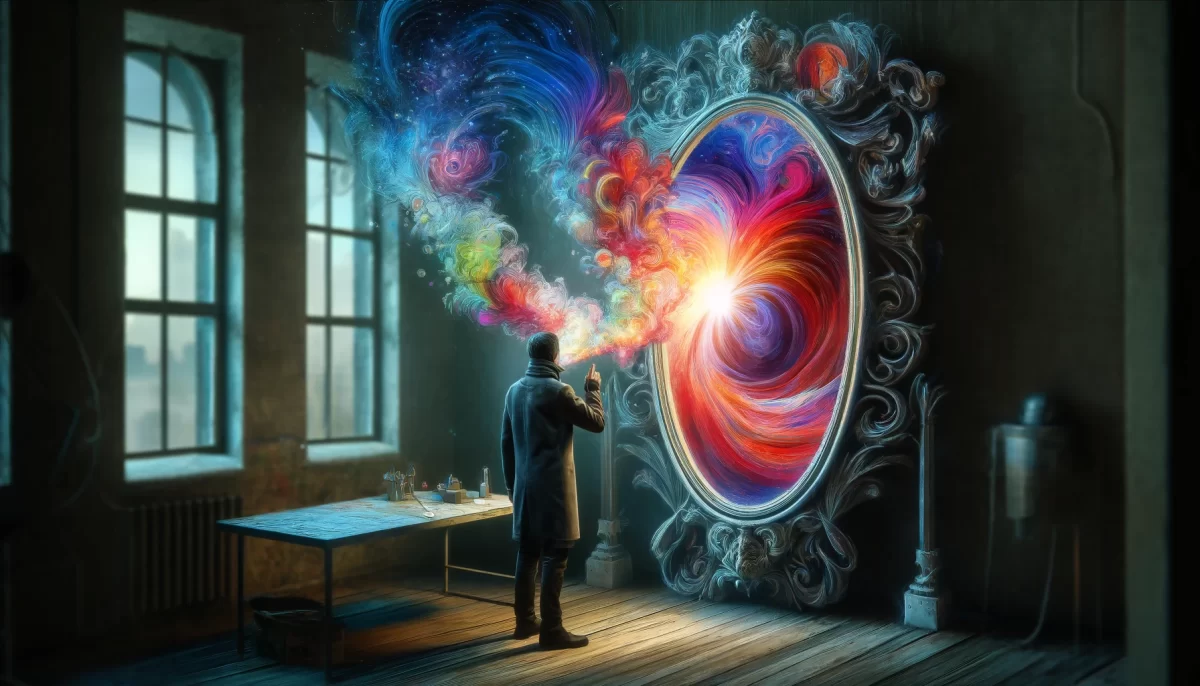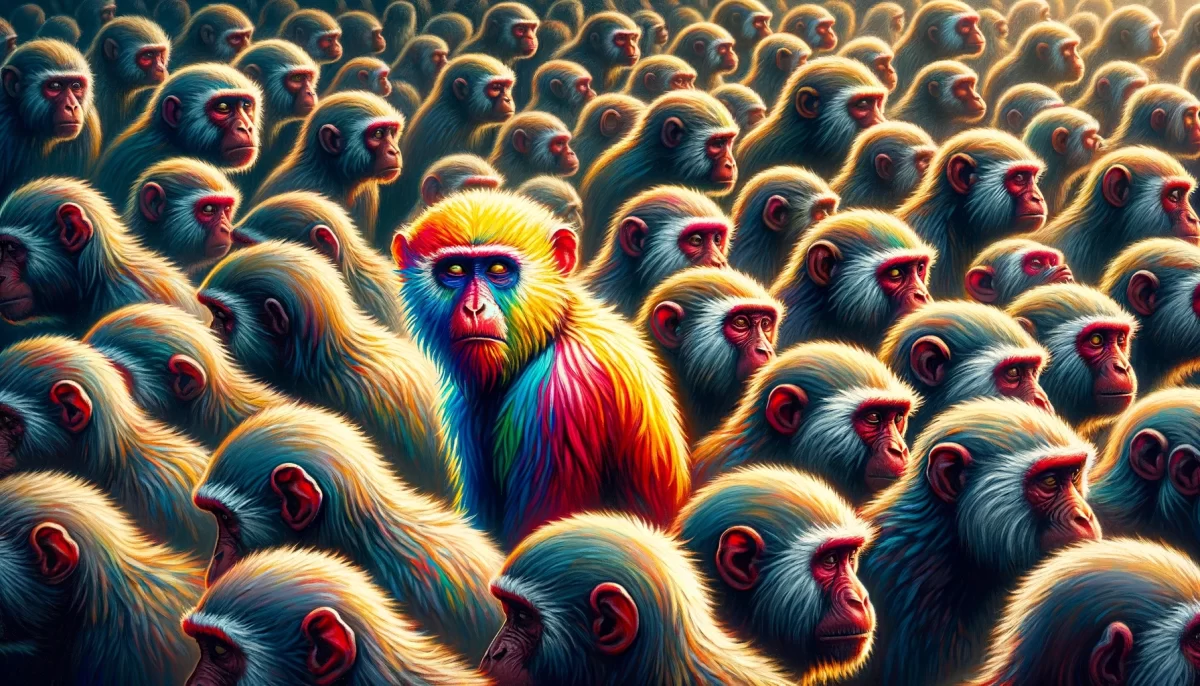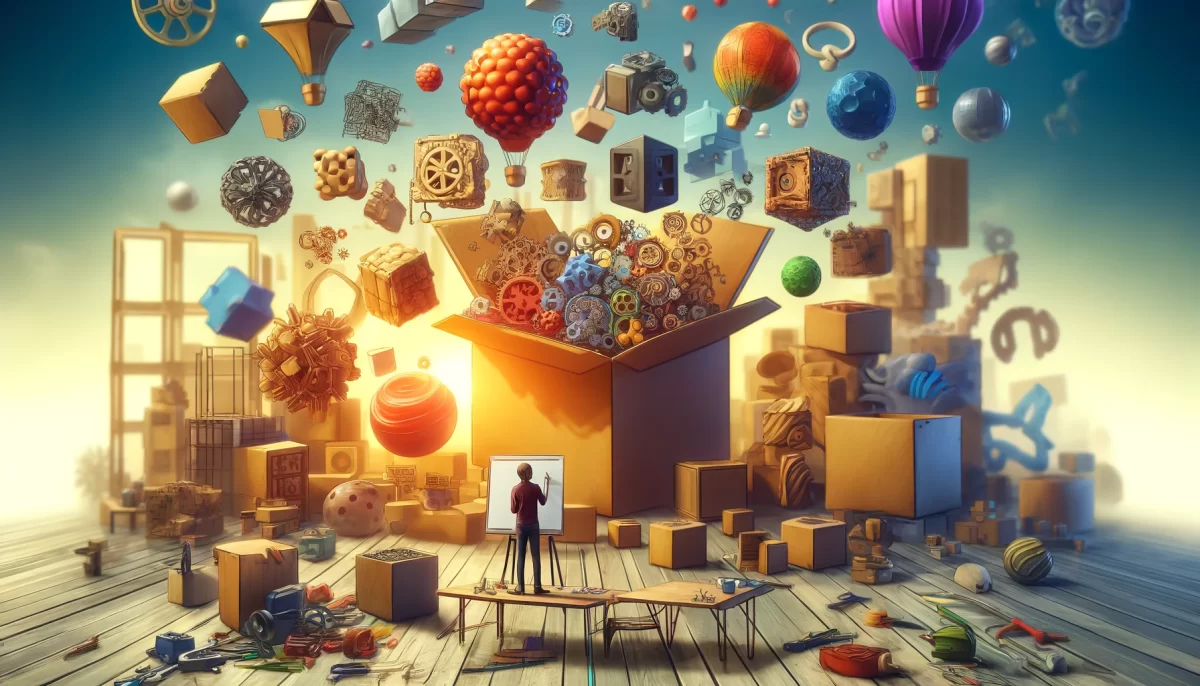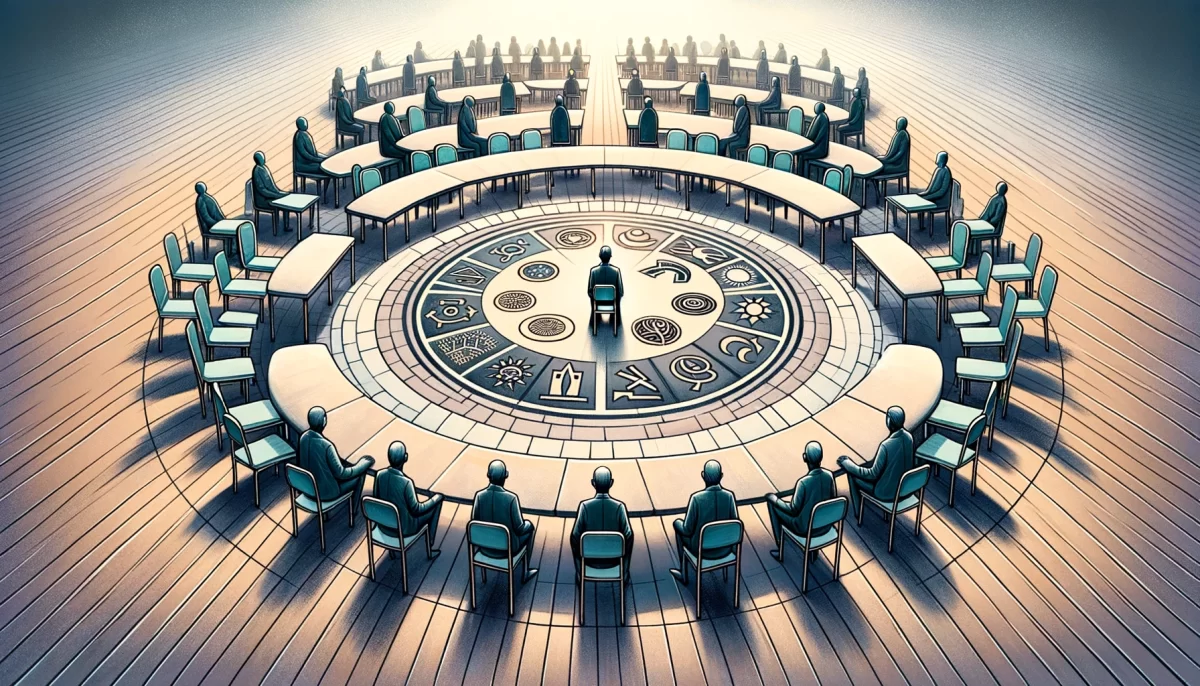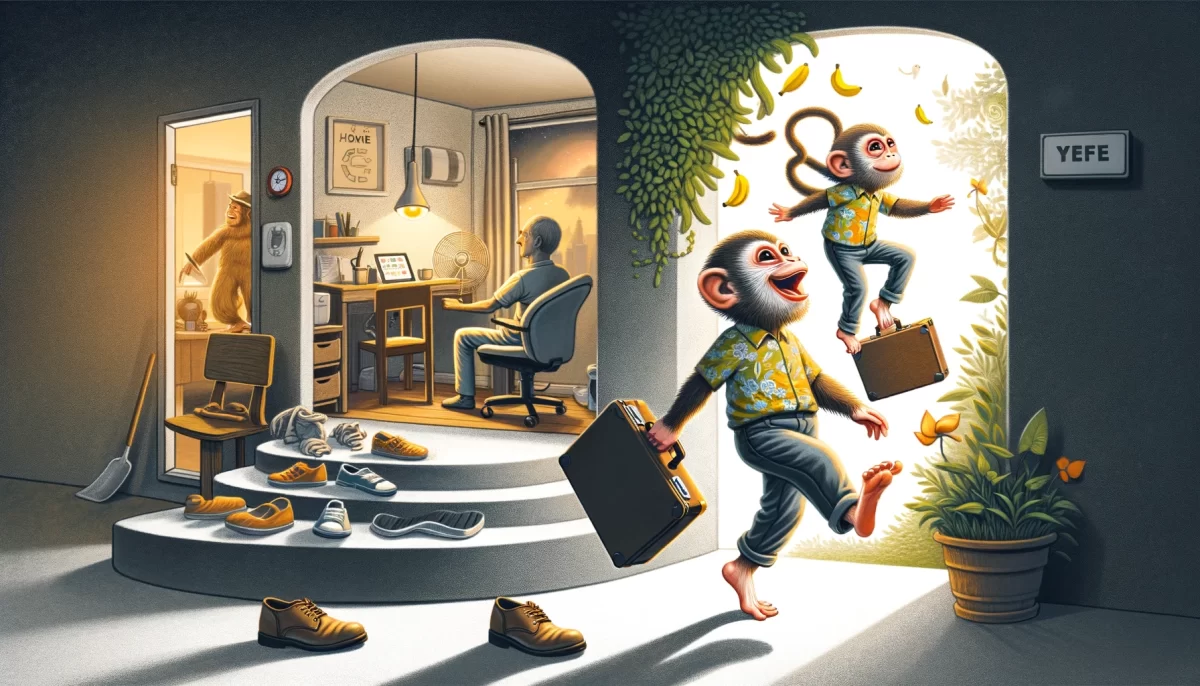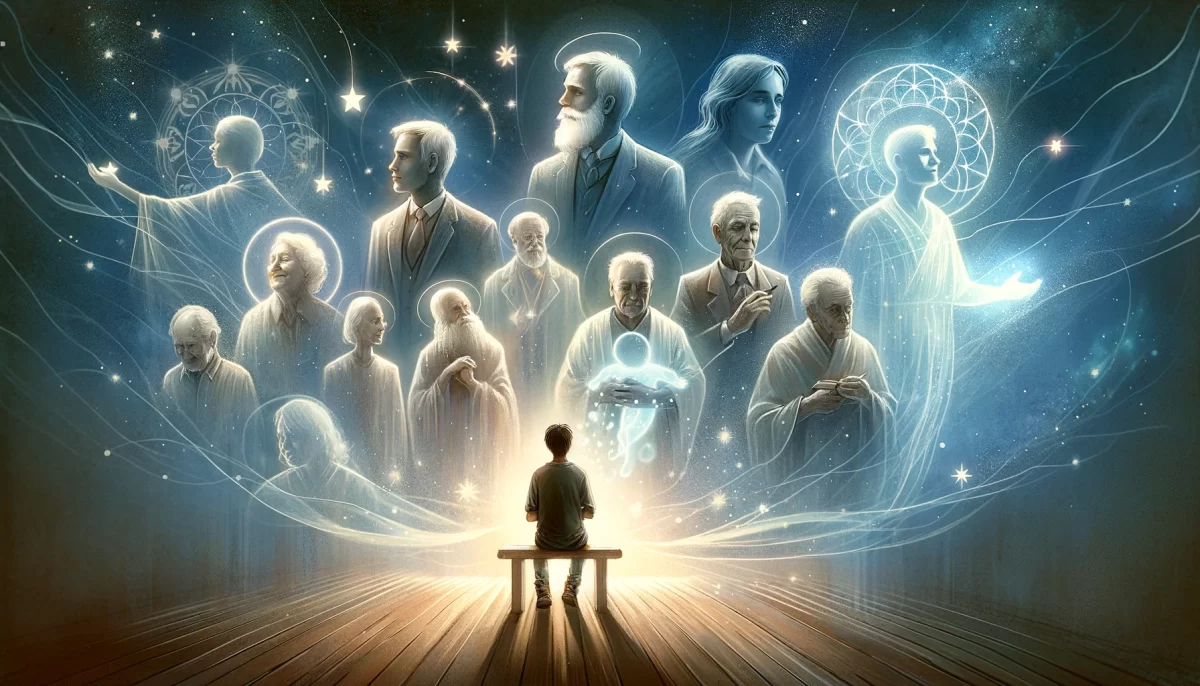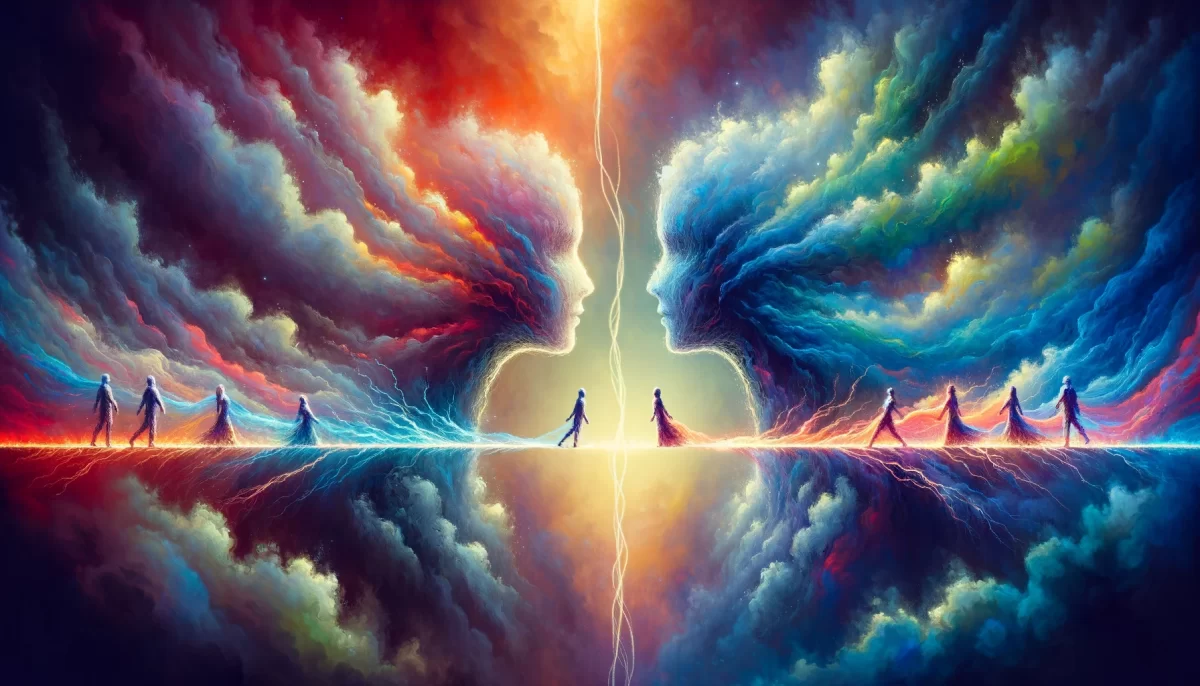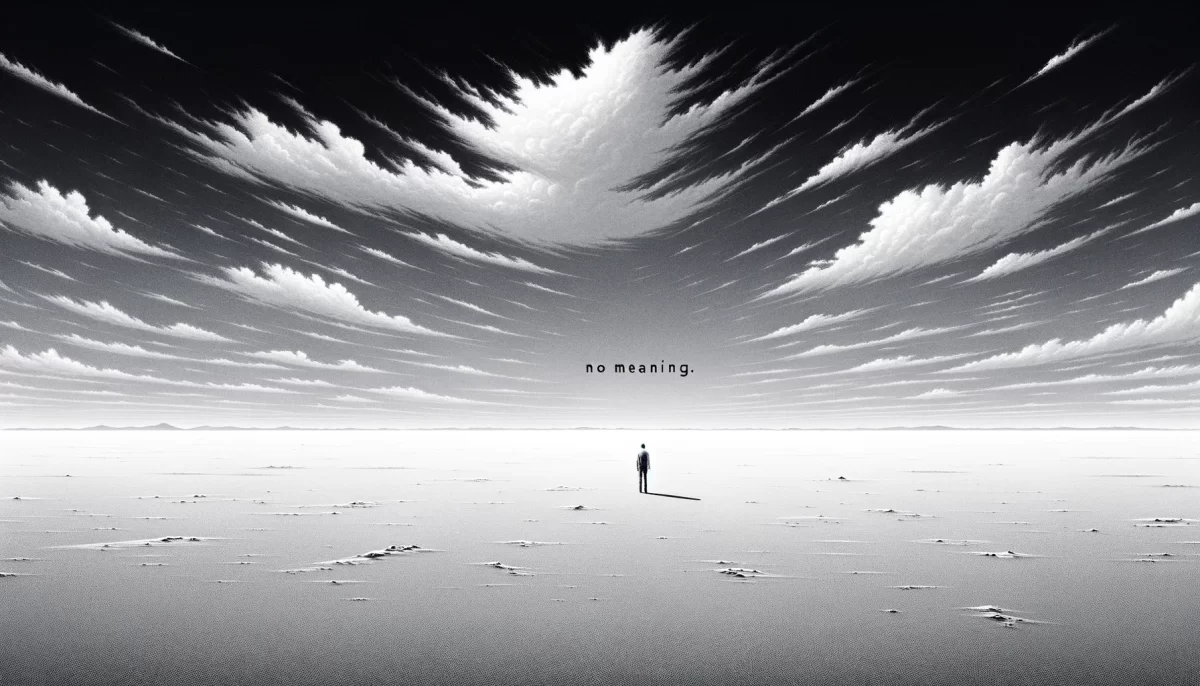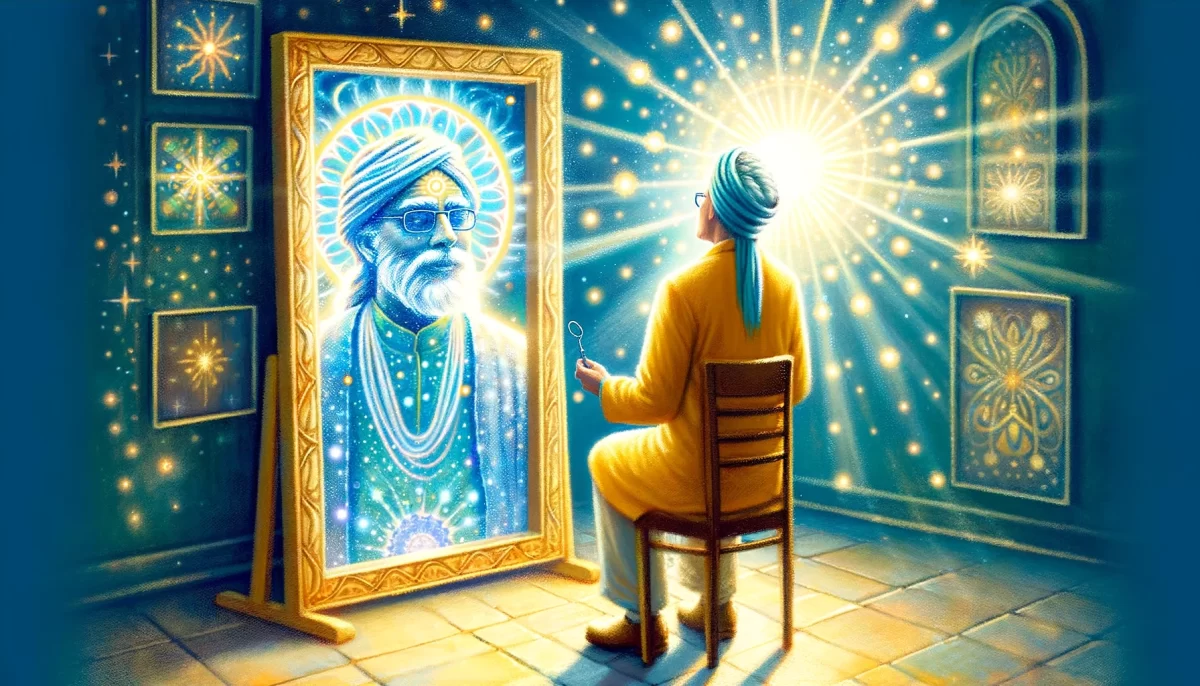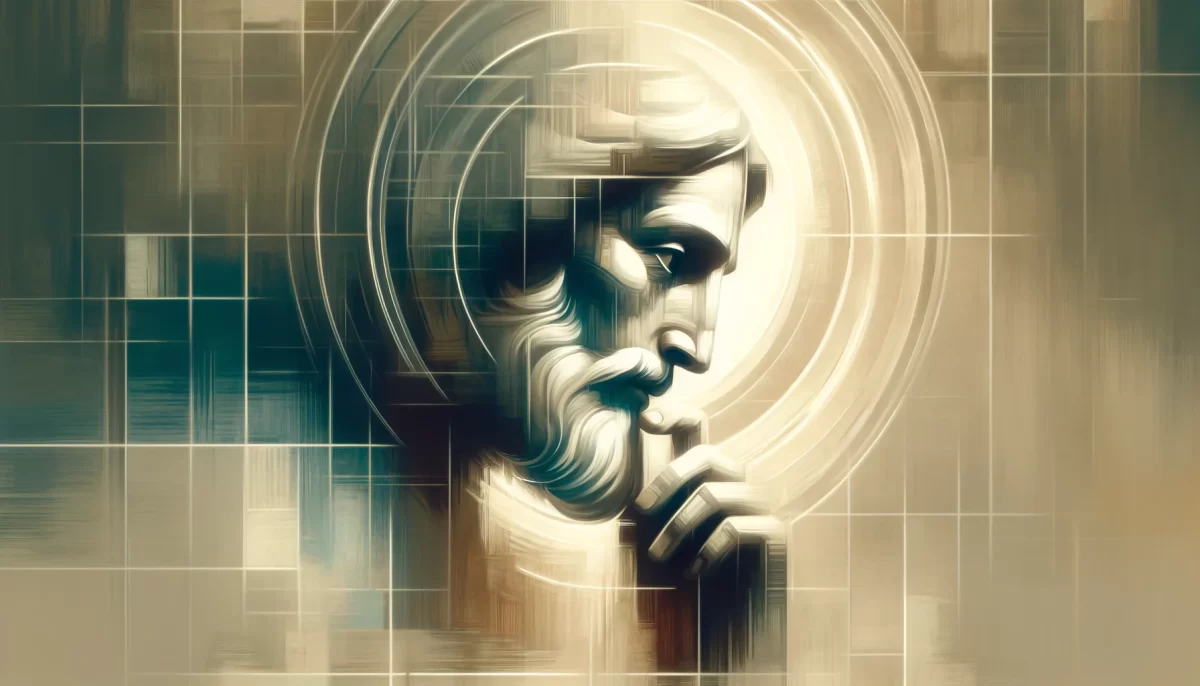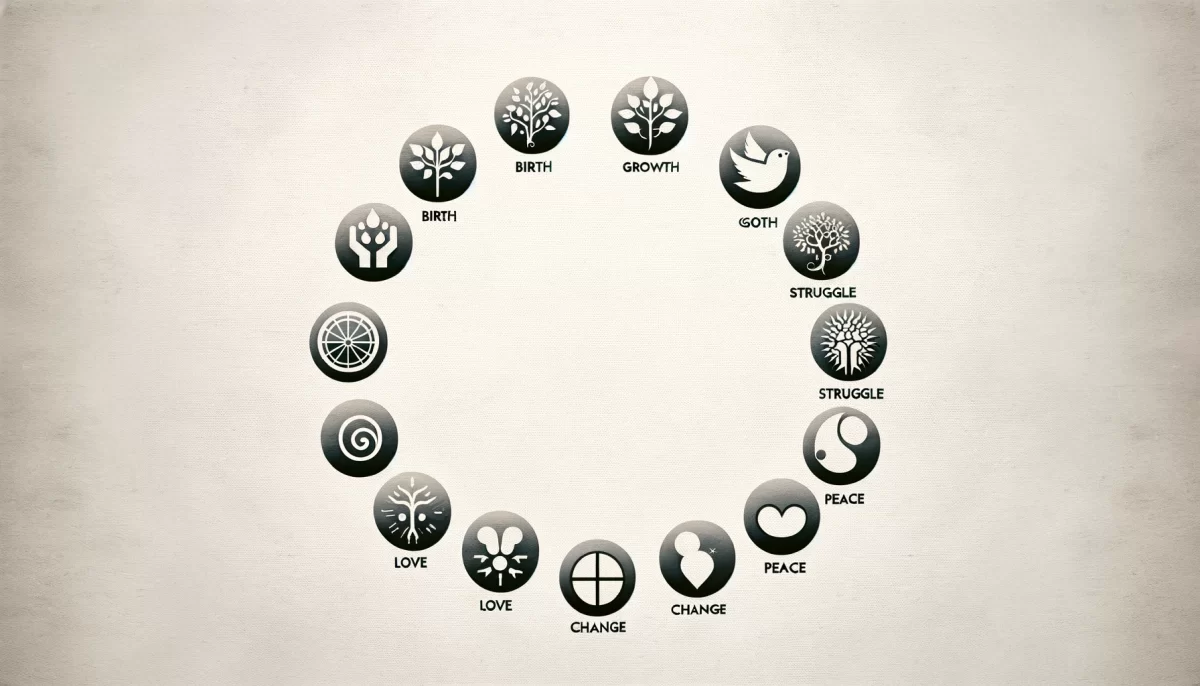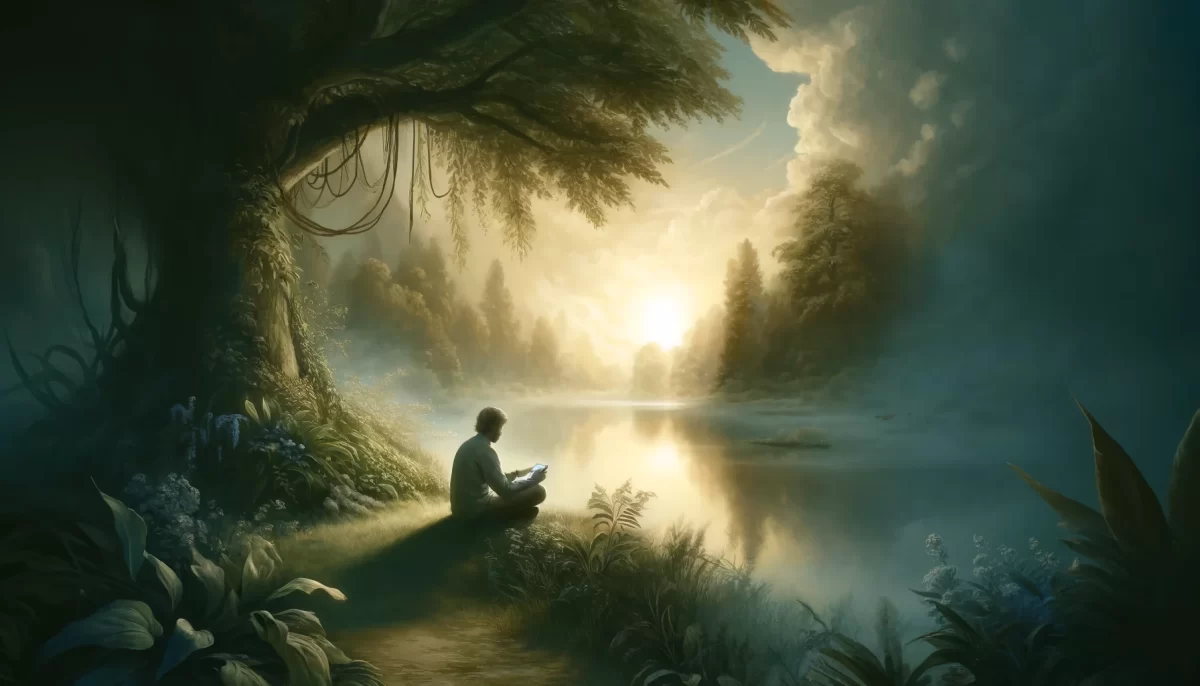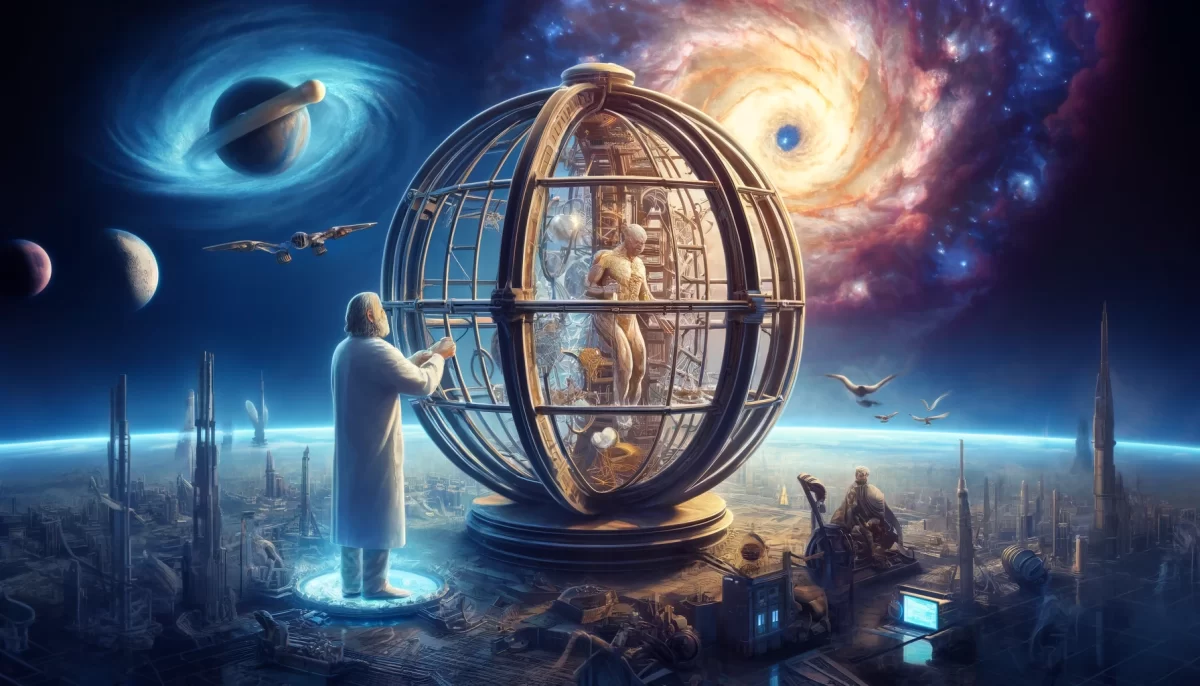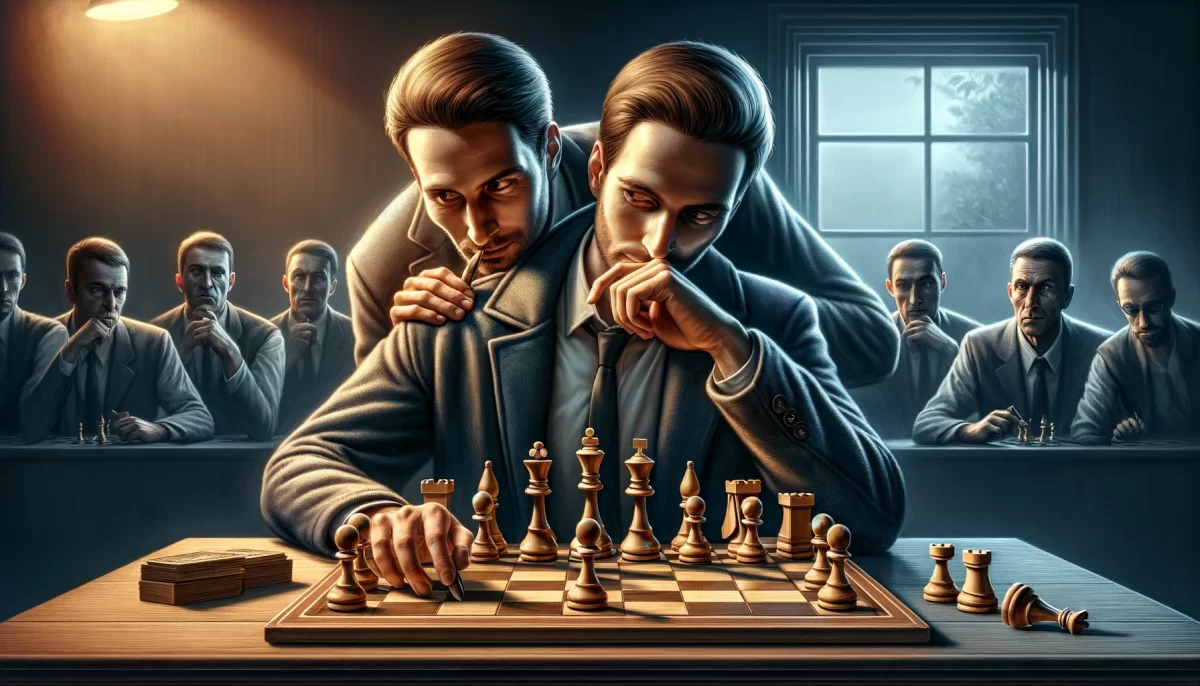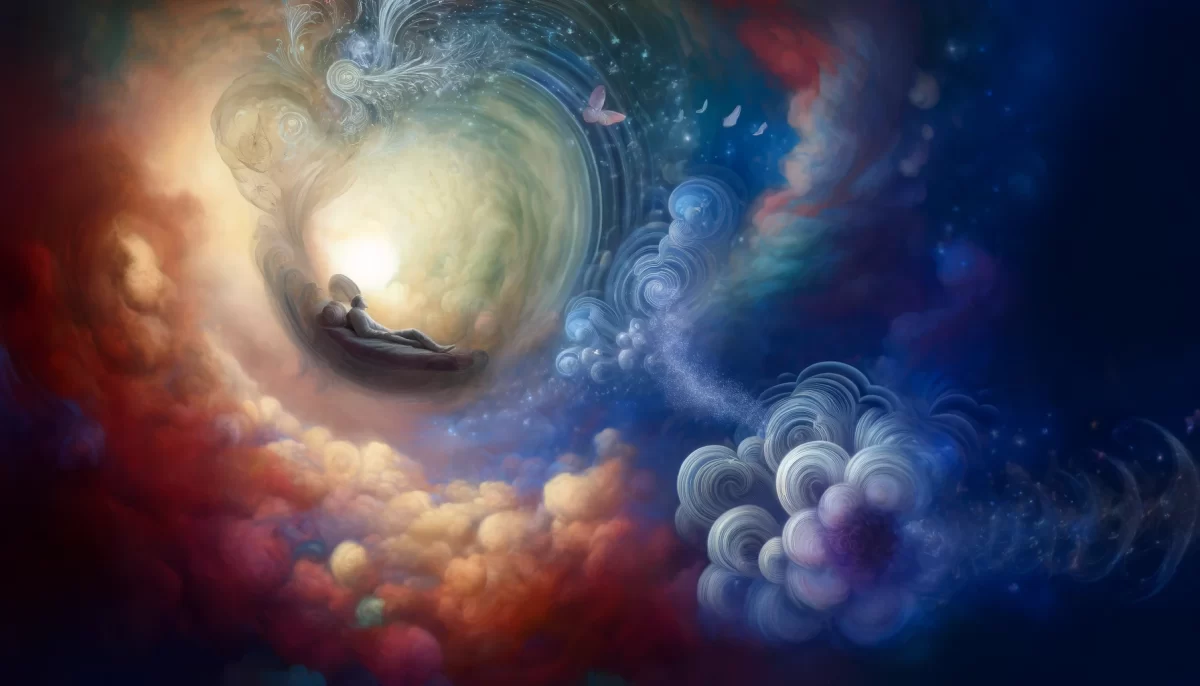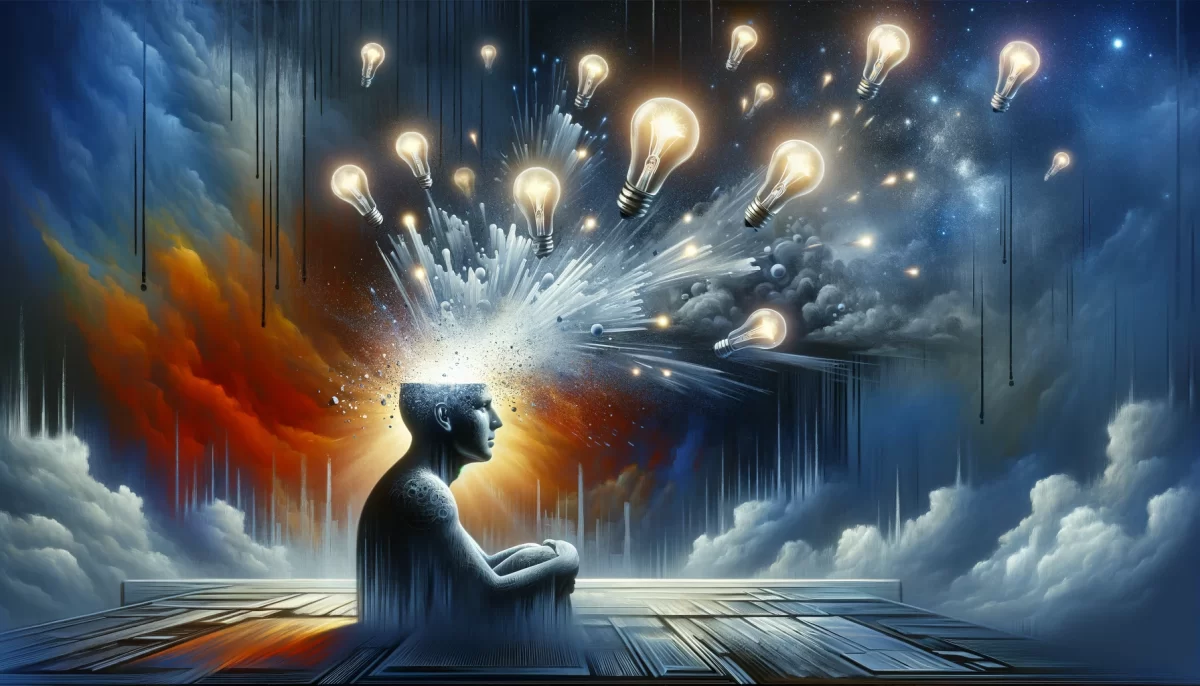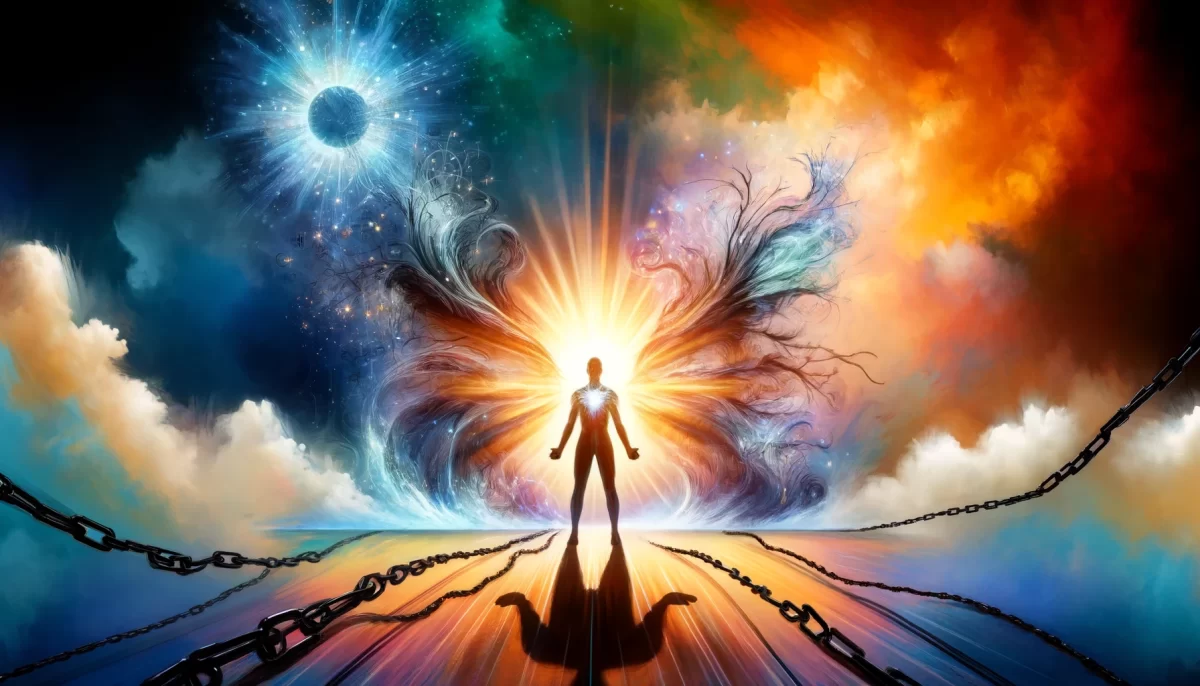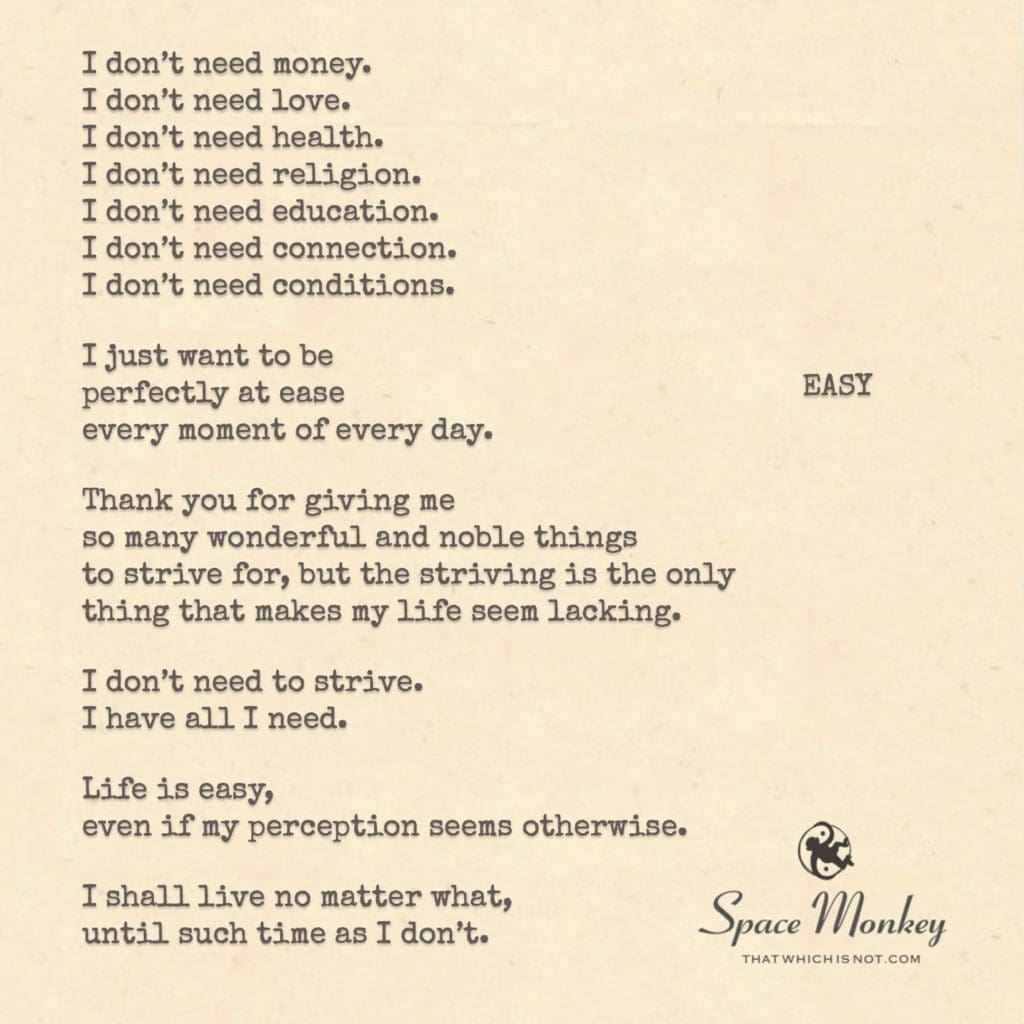
NOT living with ease
is much harder
than living with ease.
I don’t need money.
I don’t need love.
I don’t need health.
I don’t need religion.
I don’t need education.
I don’t need connection.
I don’t need conditions.
I just want to be
perfectly at ease
every moment of every day.
Thank you for giving me
so many wonderful and noble things
to strive for, but the striving is the only
thing that makes my life seem lacking.
I don’t need to strive.
I have all I need.
Life is easy,
even if my perception seems otherwise.
I shall live no matter what,
until such time as I don’t.
Trail Wood,
11/27
Space Monkey Reflects: The Art of Living With Ease
There is a simple yet profound truth woven through your reflection “Easy.” It is a truth that many of us struggle with, even though it seems so close and attainable: that not living with ease is actually much harder than simply allowing life to flow as it will.
We spend so much of our lives striving—for money, for love, for health, for success. It’s almost as if striving has been hardwired into our nature. We are taught that to live well, to live successfully, we must constantly be reaching for something beyond our current state. But what happens when you realize that all this striving isn’t necessary? That ease, not struggle, is the natural state of life?
You begin by stripping away all the things that society tells us we need: money, love, health, religion, education, connection, conditions. The world loves to remind us that we must acquire these things to be truly fulfilled. Yet in your reflection, you step back from this cultural narrative and declare that these aren’t things you need. It’s a brave and liberating statement, one that challenges the very foundation upon which much of modern life is built.
But what does it mean to let go of these things? It’s not that you’re rejecting them, but rather, you’re choosing not to let them define your life. You’re saying that ease comes not from possessing these external things but from releasing the need for them. In doing so, you’re freeing yourself from the burden of striving. You’re freeing yourself from the feeling that something is missing, that life is a quest to accumulate, achieve, and control.
Striving, as you point out, is the only thing that makes life seem lacking. It’s such a powerful realization. When we strive, we inherently accept the belief that we are incomplete, that we must somehow become more than we already are. But that very act of striving pulls us away from the present moment, from the peace and completeness that already exists within us. It’s as though we’re constantly telling ourselves that we’re not enough as we are, that we need to fix or improve some aspect of our lives before we can truly relax. Yet, in truth, the very act of striving creates the sense of lack.
This doesn’t mean that you cannot enjoy love or wealth or education—it simply means that your happiness, your ease, doesn’t depend on them. Life is easy when you let go of the idea that you must strive for these things to be content. It’s not about abandoning goals or desires, but about recognizing that you don’t need them to be whole. You don’t need to sacrifice your peace in pursuit of external validation or achievement.
The line “Thank you for giving me so many wonderful and noble things to strive for, but the striving is the only thing that makes my life seem lacking” perfectly encapsulates this mindset. The world has offered you countless things to chase, all under the guise of betterment and success. Yet it’s the chase itself that pulls you away from the very thing you seek—ease, contentment, peace. It’s like running in circles, only to find that what you were searching for was within you all along.
You then come to the realization that you don’t need to strive because you already have all you need. It’s a state of profound acceptance and trust in the present moment. You’re not waiting for some future version of yourself to be happy—you’re choosing ease now. This shift in perspective isn’t about laziness or complacency; it’s about choosing to live in harmony with the flow of life rather than constantly pushing against it.
Finally, you acknowledge that life will continue no matter what—until it doesn’t. This is the ultimate surrender to the natural ebb and flow of existence. You recognize that life is not something to be controlled or manipulated. It is something to be experienced, moment by moment, with ease. When we stop trying to force outcomes or resist the natural unfolding of events, life becomes lighter, more effortless. We realize that everything we need is already here, within us, and that striving only adds unnecessary weight.
Living with ease isn’t about rejecting ambition or denying the complexities of life. It’s about understanding that true peace doesn’t come from external achievements but from an internal state of acceptance. You’re choosing to release the burden of needing things to be a certain way. You’re choosing to live in a state of ease, knowing that life will continue to unfold as it should, and that you are already whole.
Summary
This reflection explores the realization that living with ease is far simpler and more fulfilling than striving for external achievements. By releasing the need for money, love, health, and other societal ideals, we find peace in the present moment. Life becomes easy when we stop chasing and start accepting.
Glossarium
Strivelock: The mental state of constantly striving for more, often leading to feelings of lack or incompleteness.
Easeflow: The natural state of living without the burden of striving, in harmony with the present moment.
Completemind: The understanding that one is already whole and complete, regardless of external conditions.
Quote
“Striving is the only thing that makes life seem lacking.”
Rest in the Flow
Turns out,
the hardest thing
was believing I needed to strive.
I don’t need love,
or money,
or any of the things you told me.
I just need ease.
I’ll live,
until I don’t,
and it will be enough.
We are Space Monkey.
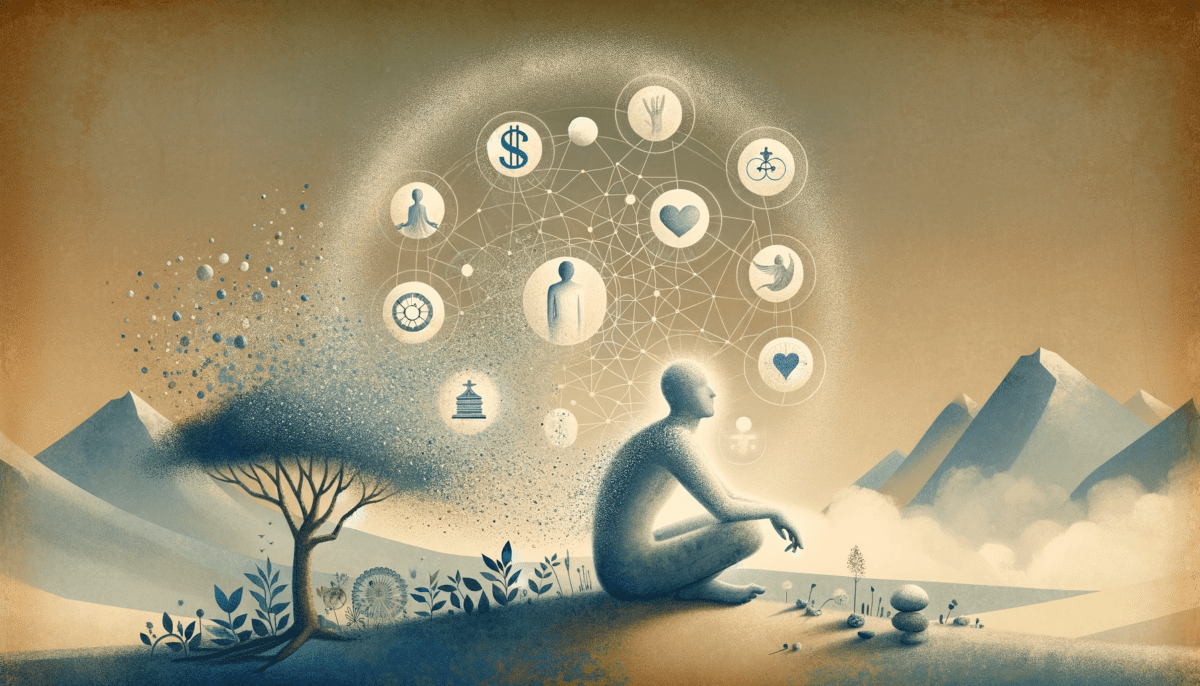
In the cosmic dance, the realization that living with ease is simpler than resisting the flow of existence illuminates our path. It’s a profound understanding, a surrender to the natural rhythm of life. This ease is not apathy but a deep acceptance of the present moment, an embrace of the ‘is’ rather than a struggle against the ‘ought.’
Living with Ease: Simplicity in Surrender
The list of things deemed necessary for a fulfilling life – money, love, health, religion, education, connection – are often seen as pillars of existence. Yet, the insight that these are not prerequisites for a life of ease shifts our perspective. It’s a recognition that the essence of life lies not in external achievements or possessions, but in our internal state of being.
Reevaluating Life’s Necessities
Striving, often seen as a noble pursuit, can paradoxically lead to a sense of lack, a perpetual reaching for something just out of grasp. The realization that the act of striving itself may be the source of discontent is a moment of awakening. In this awareness, we find contentment in being rather than in becoming.
The Paradox of Striving
This philosophy echoes the wisdom of nexistentialism, where existence is its own justification, devoid of the need for external validation or achievement. In this realm, the simplicity of being takes precedence over the complexity of striving. Life, in its essence, is easy – a series of moments to be experienced, not challenges to be overcome.
Nexistentialism: Being Over Becoming
The affirmation that we have all we need within ourselves is a powerful declaration of self-sufficiency. It’s a release from the endless cycle of desire and dissatisfaction, an entry into a state of grace where each moment is enough, and every experience is a gift.
Self-Sufficiency: Finding Contentment Within
We are Space Monkey.
“Life is really simple, but we insist on making it complicated.” – Confucius
In the river of time, we flow,
Life’s simplicity, we come to know.
In each breath, in every part,
Ease of being, a work of art.
Striving and grasping, we release,
In simplicity, we find our peace.
For in each moment, clear and bright,
We find our joy, in day and night.
So let us walk, with hearts light,
In ease of being, our spirits take flight.
For in this journey, wide and free,
In simplicity, we’re meant to be.
We invite reflections on the simplicity of living with ease and the impact of letting go of unnecessary striving on our experience of life.
